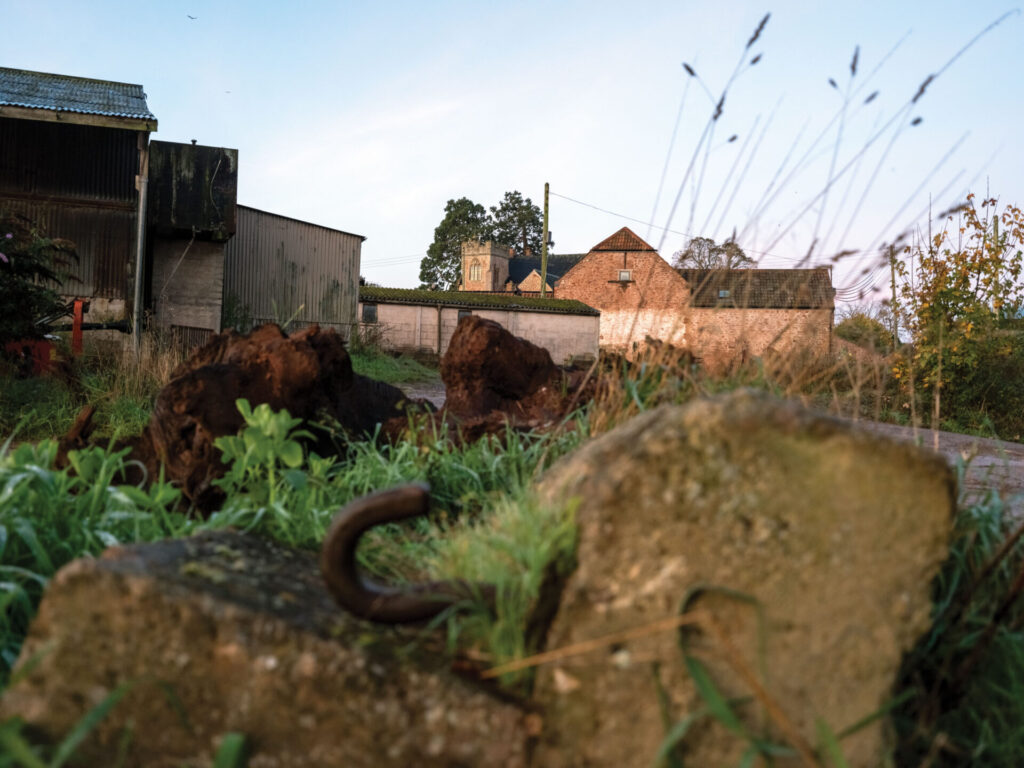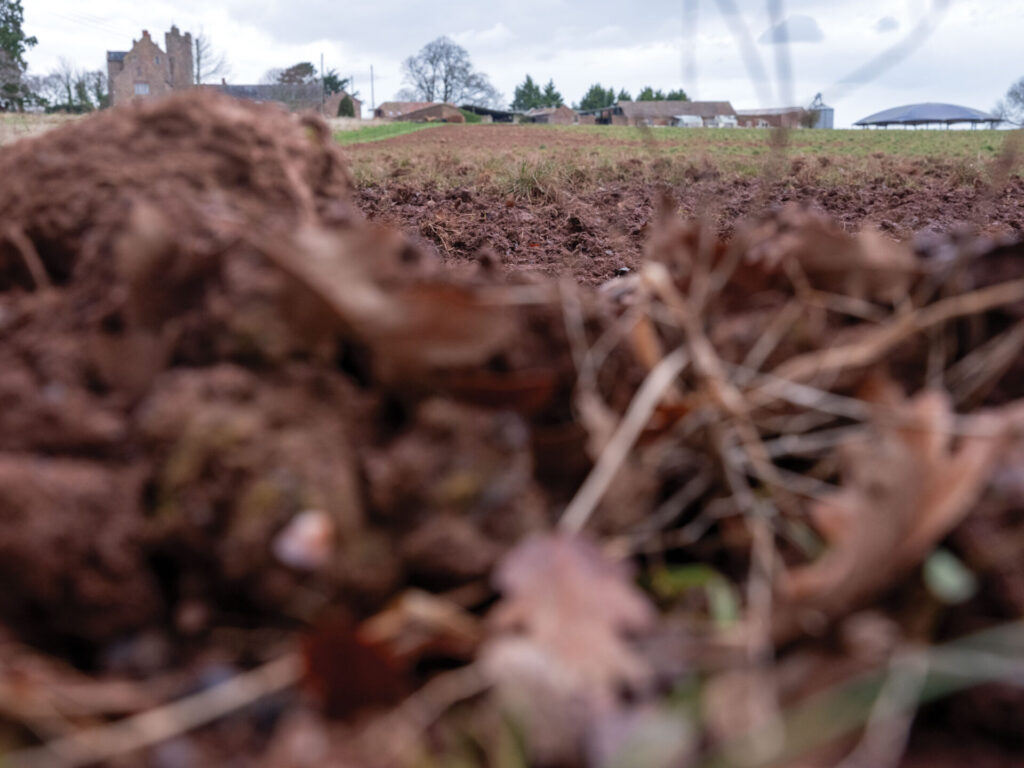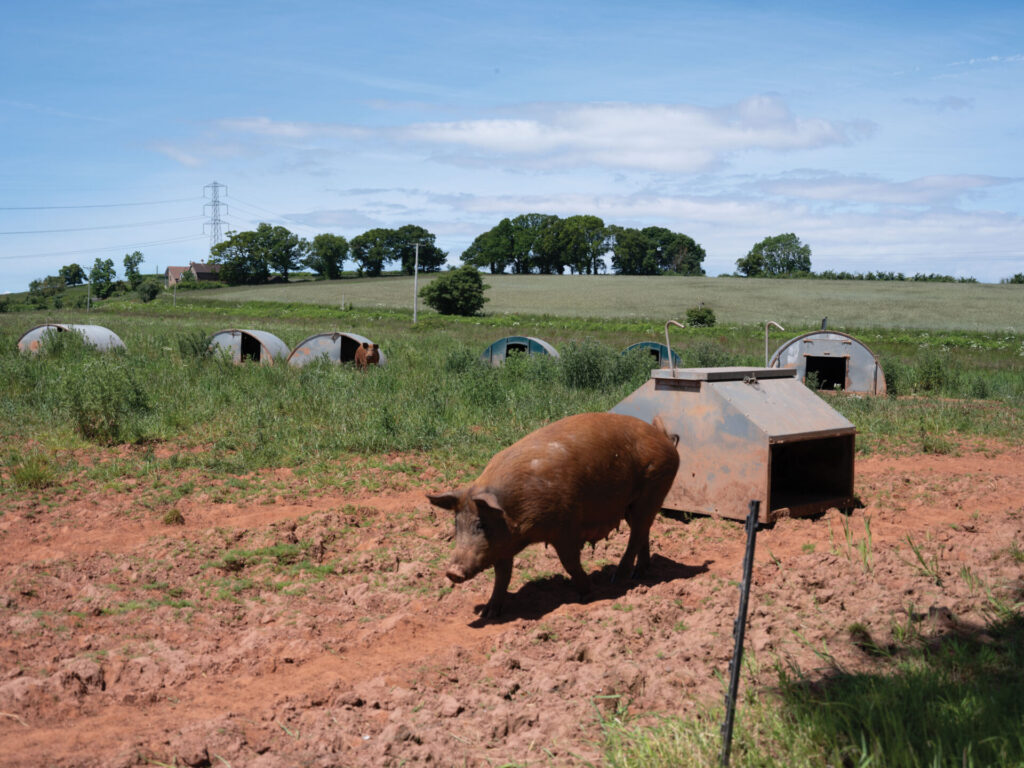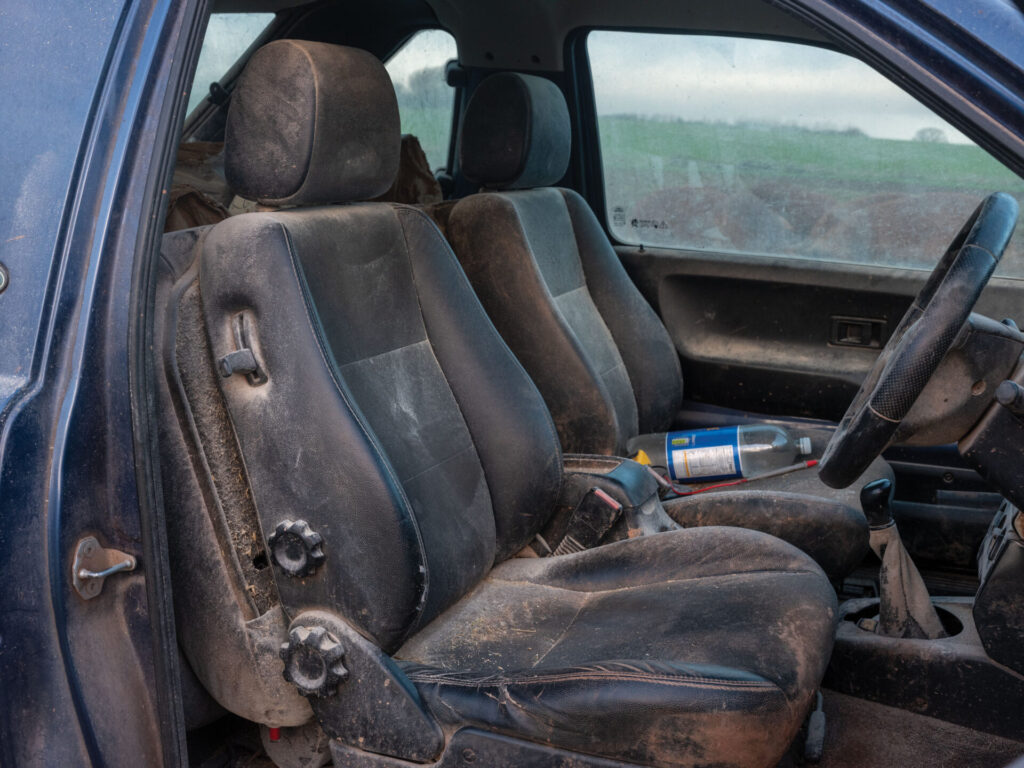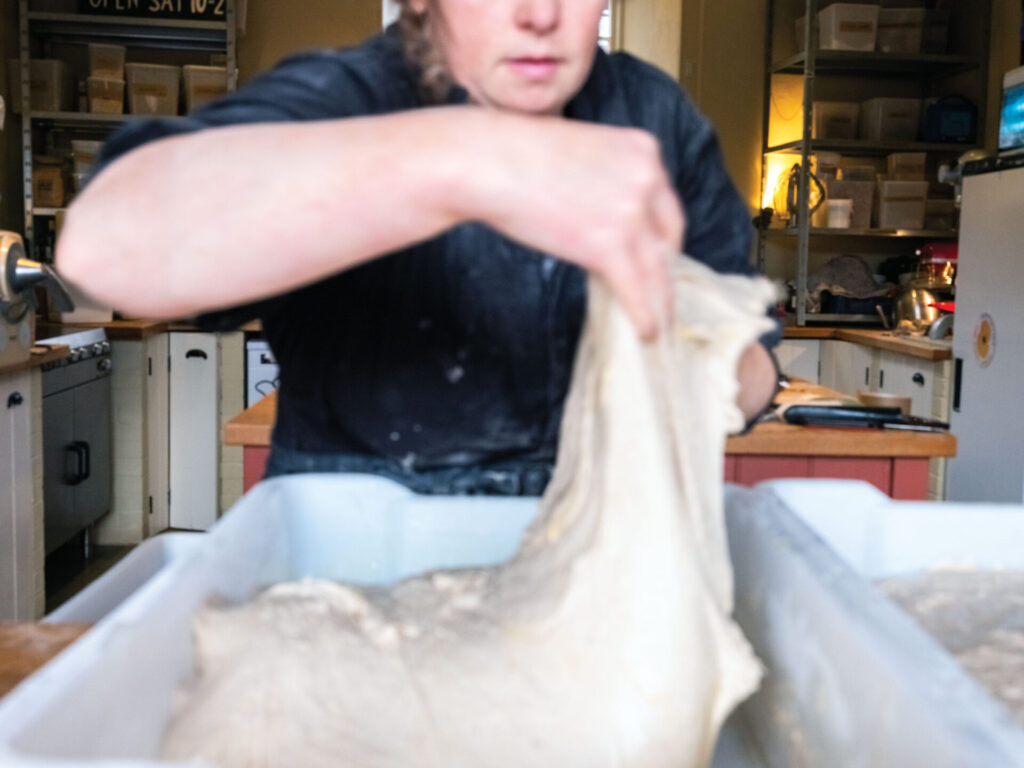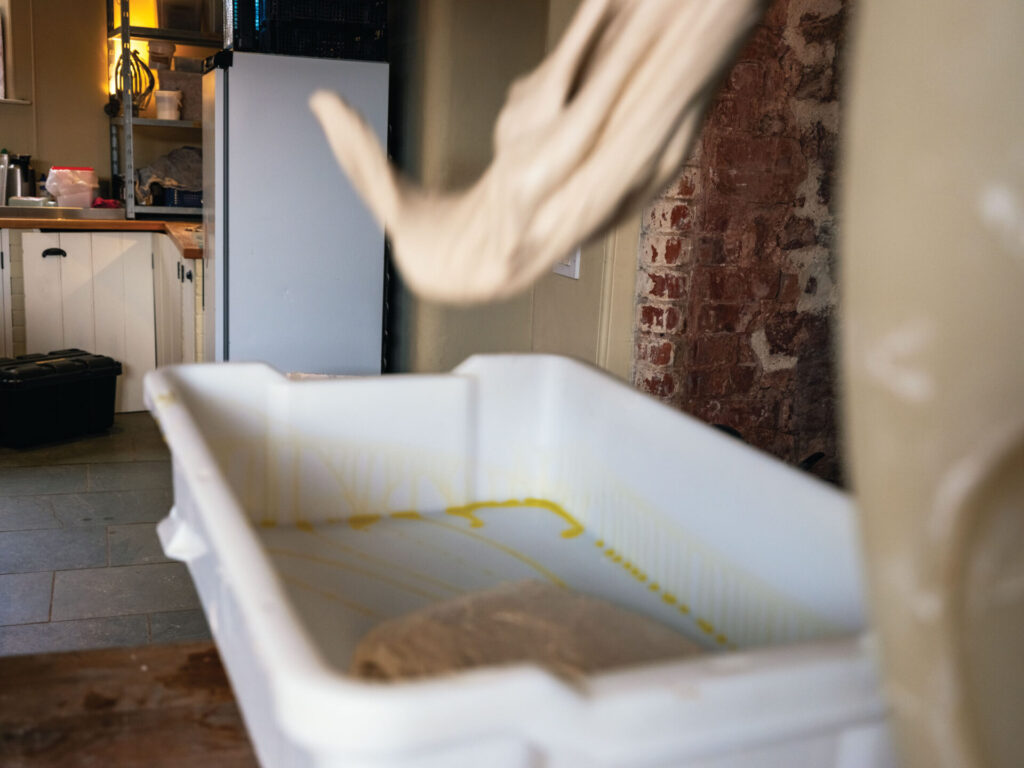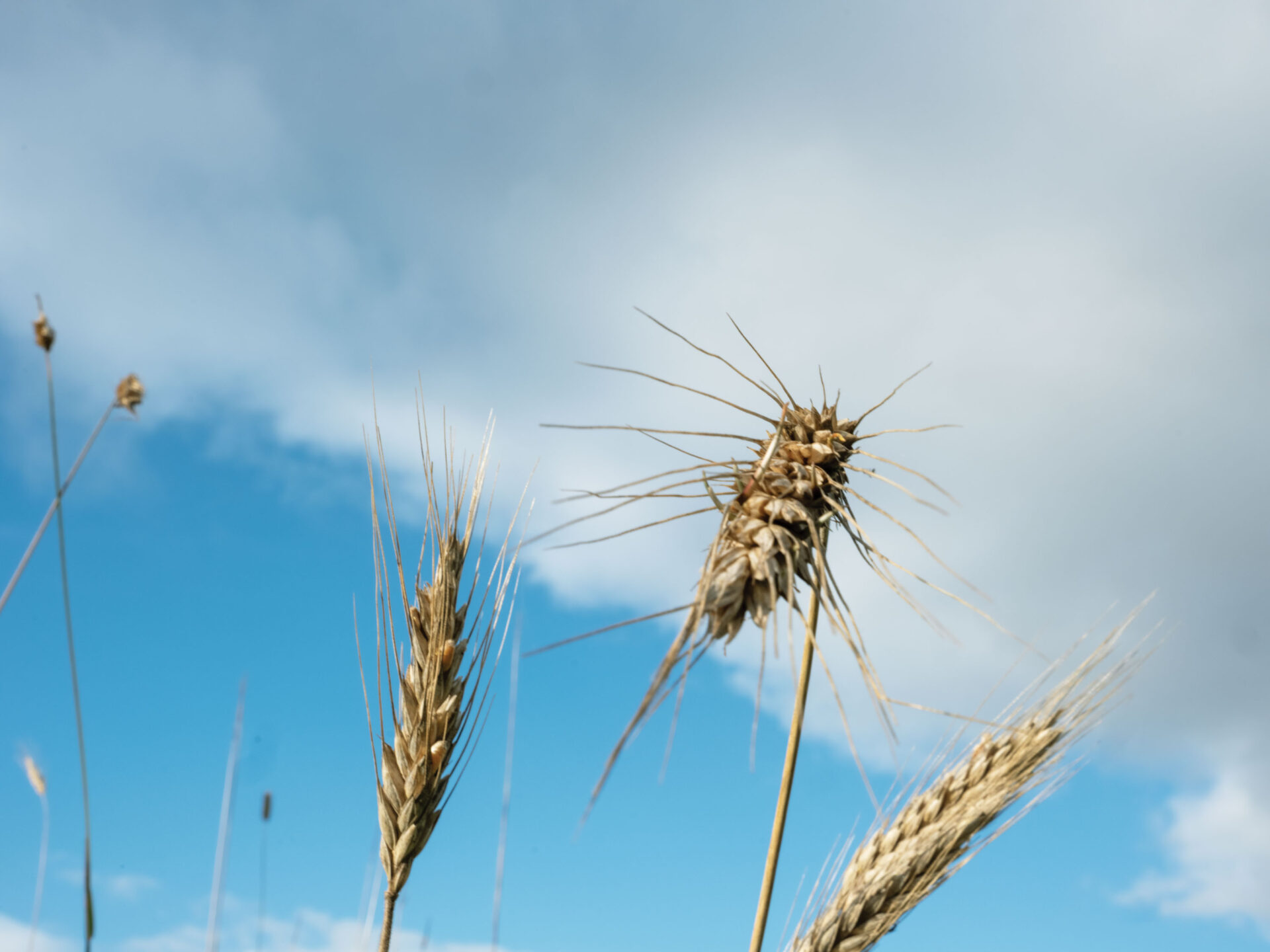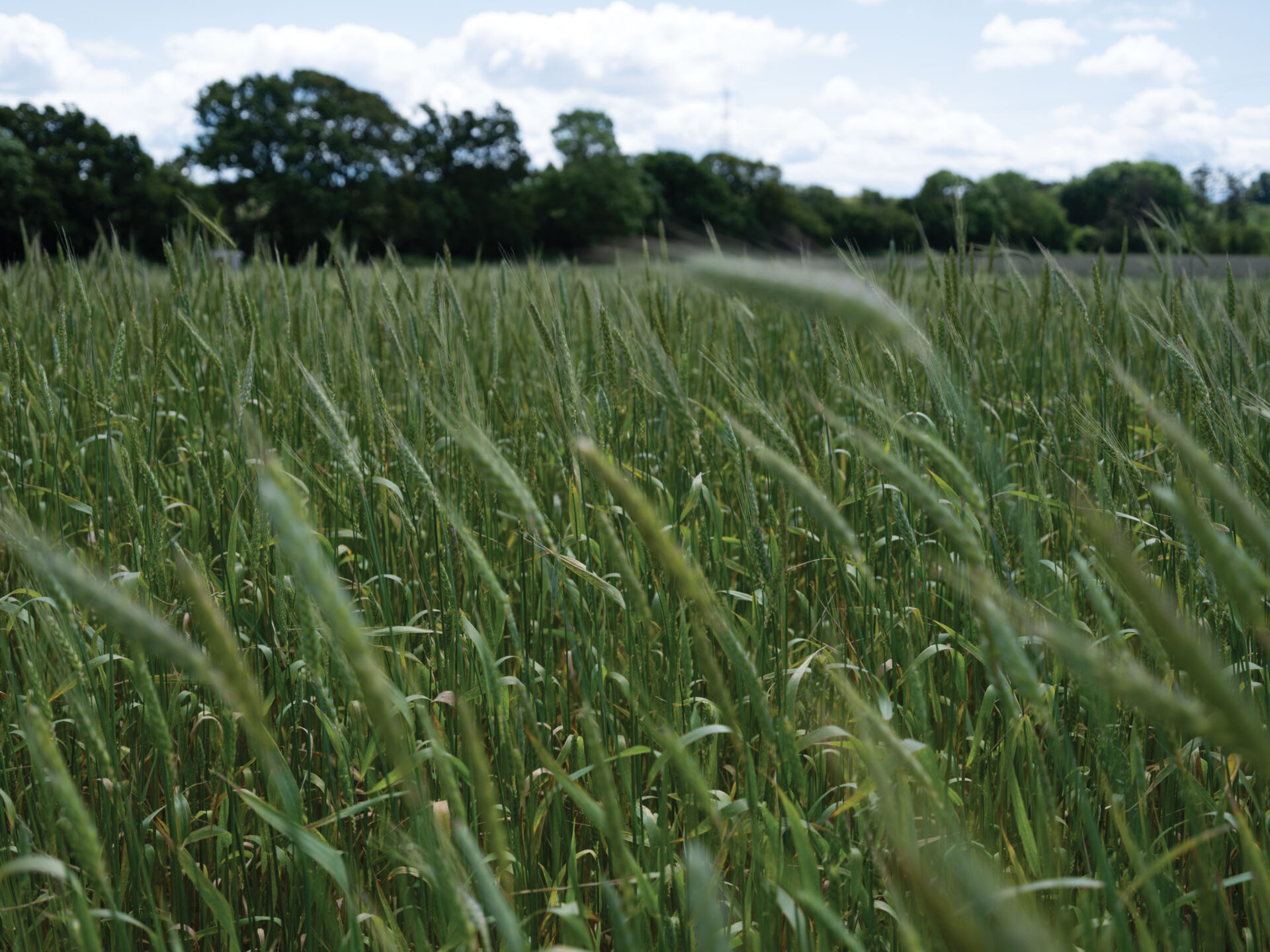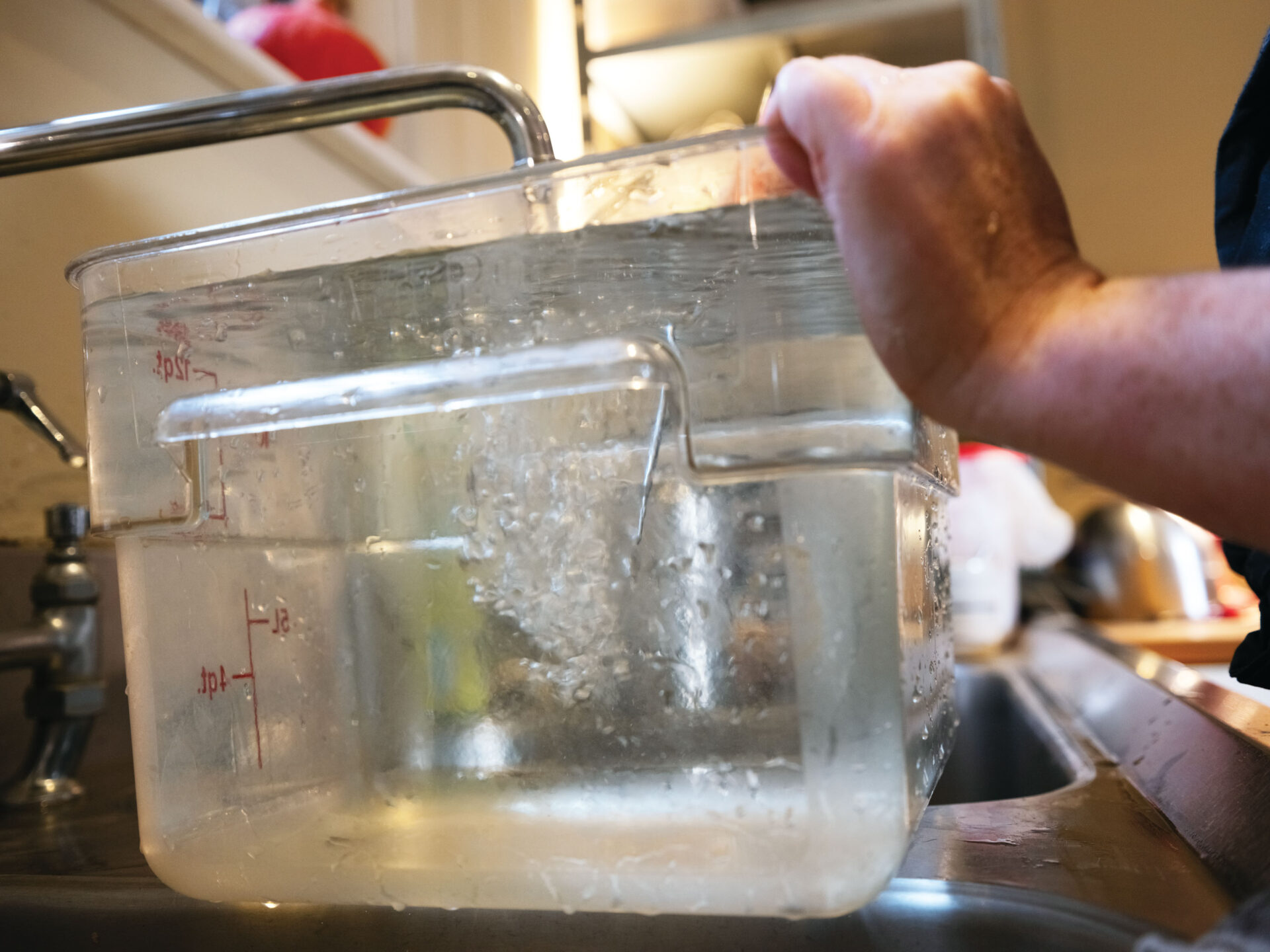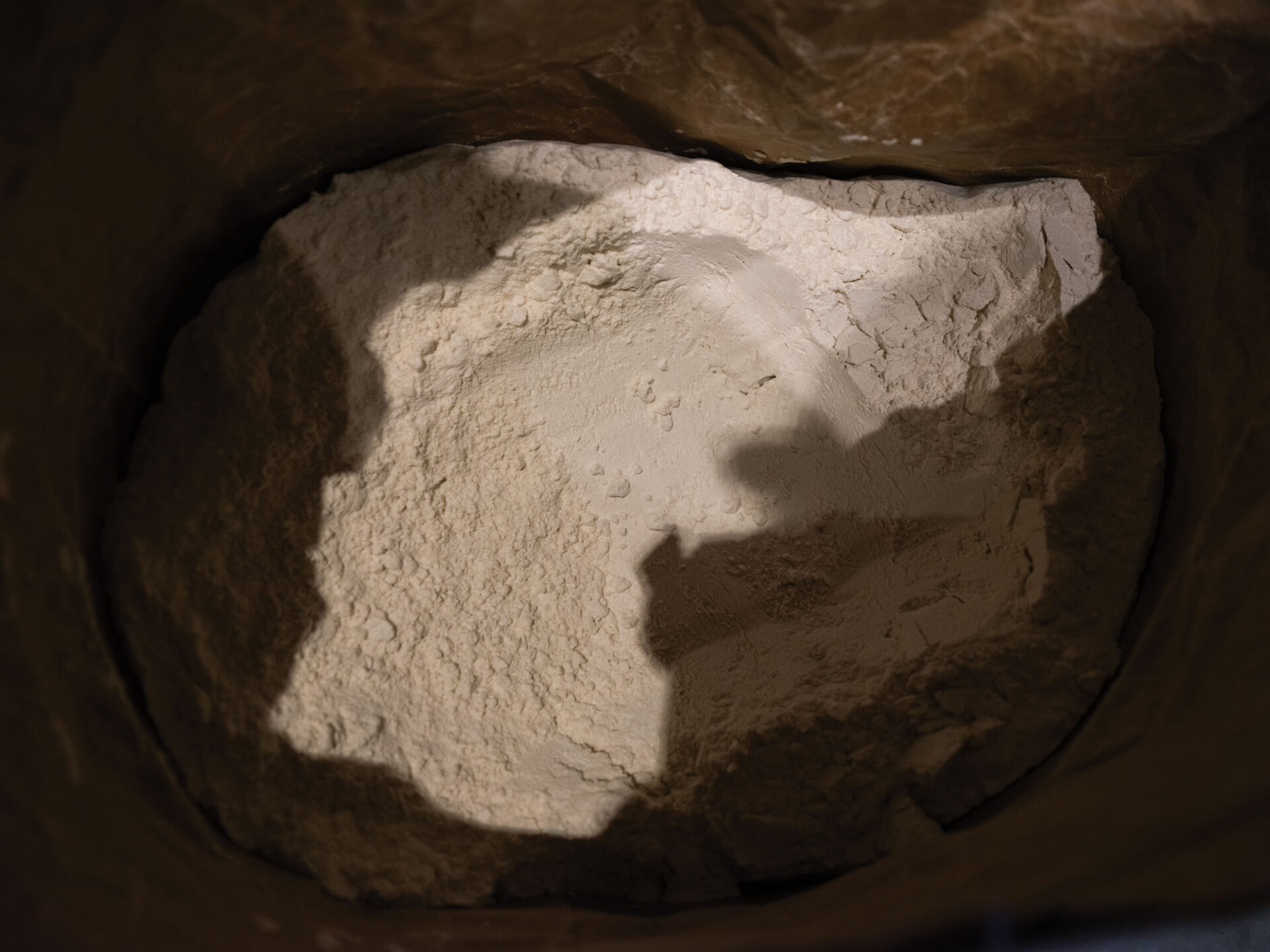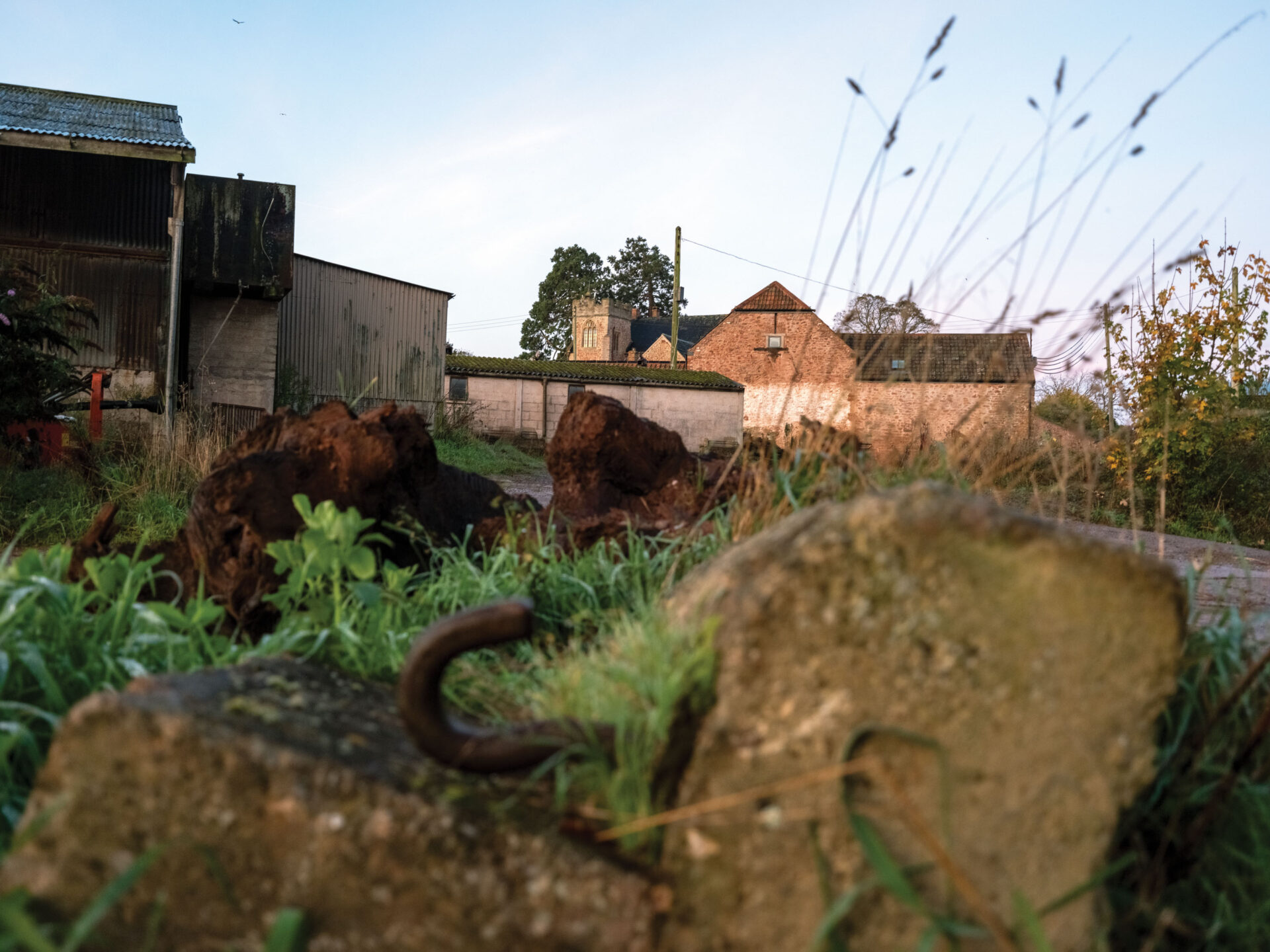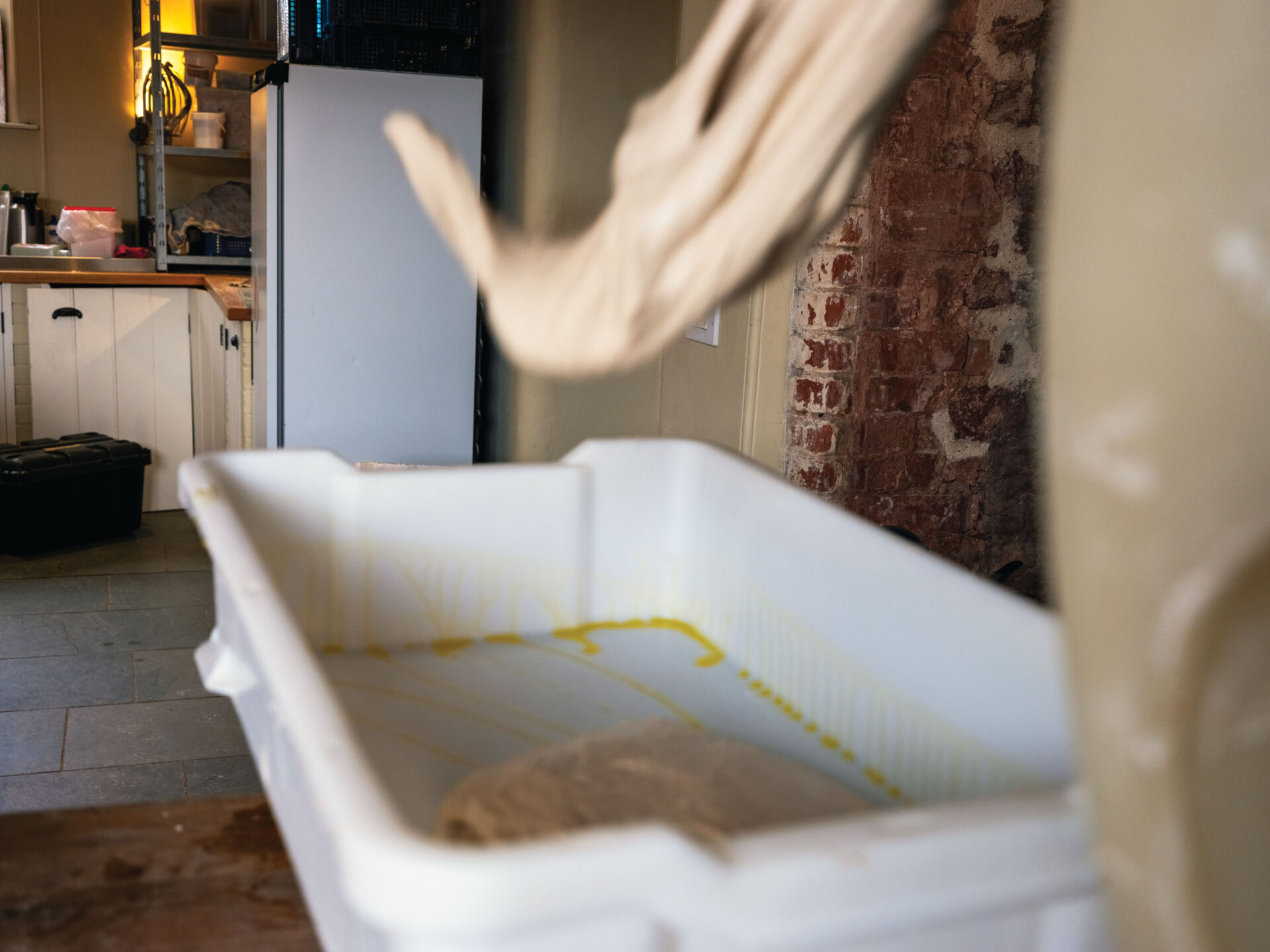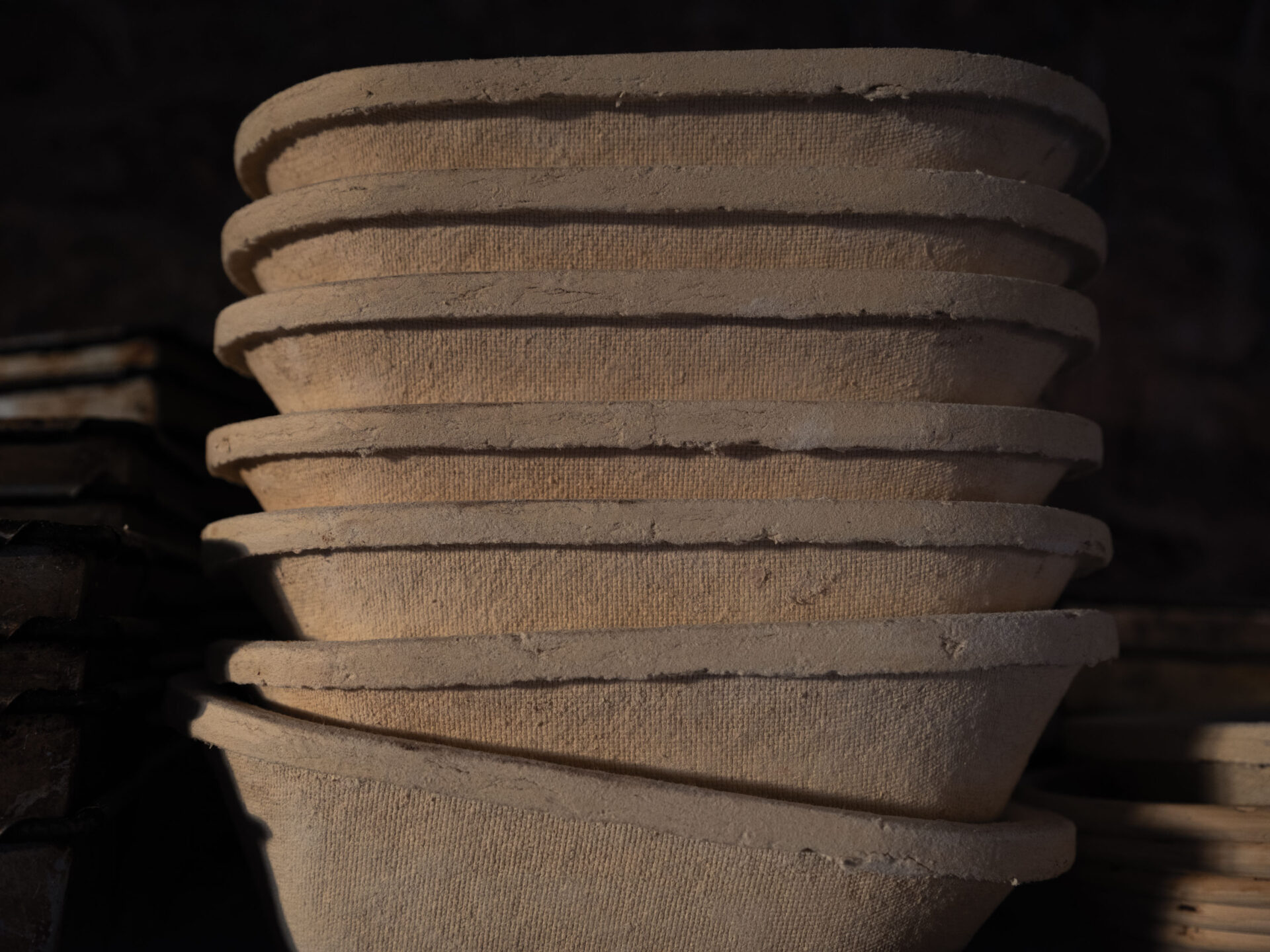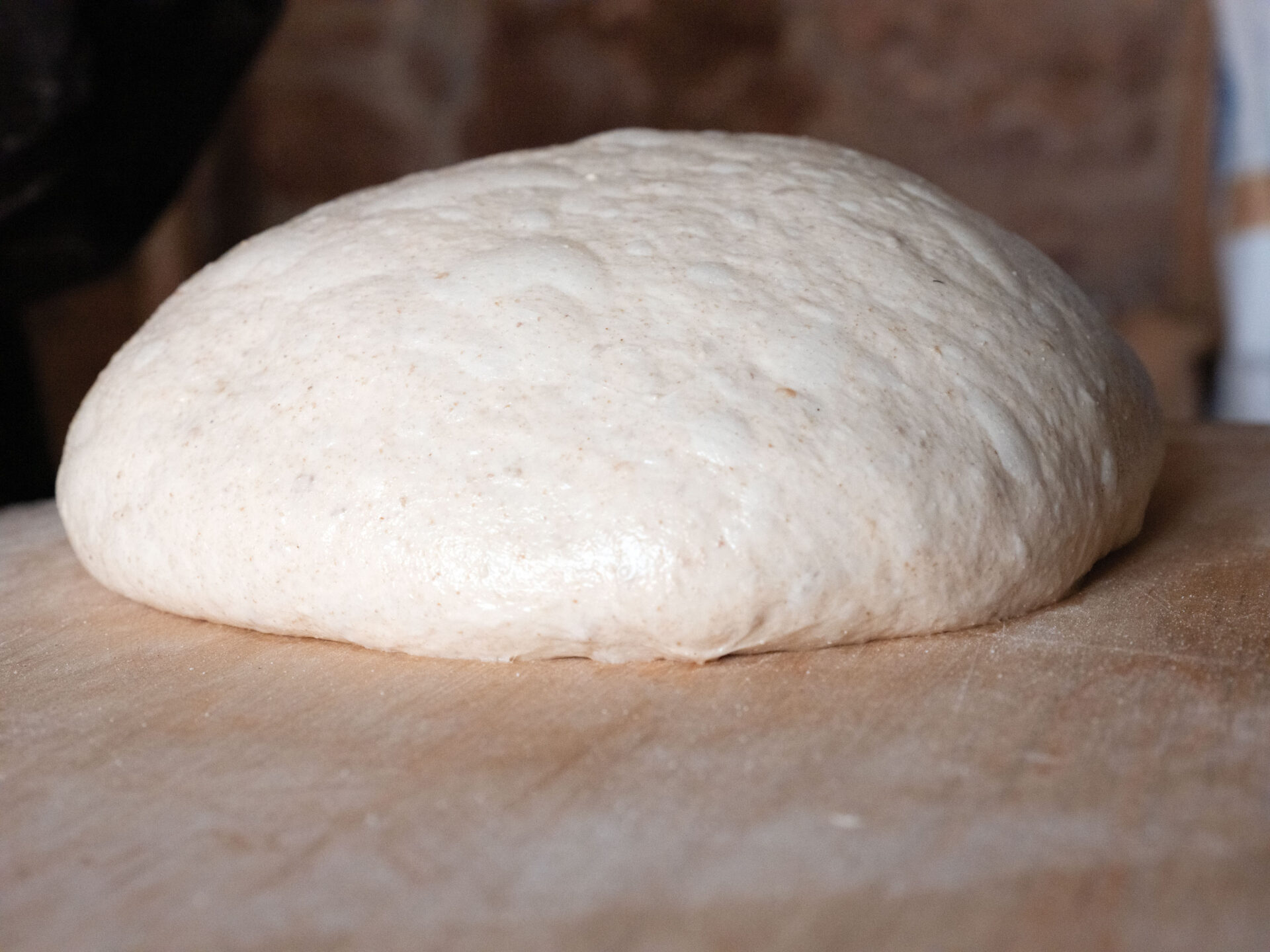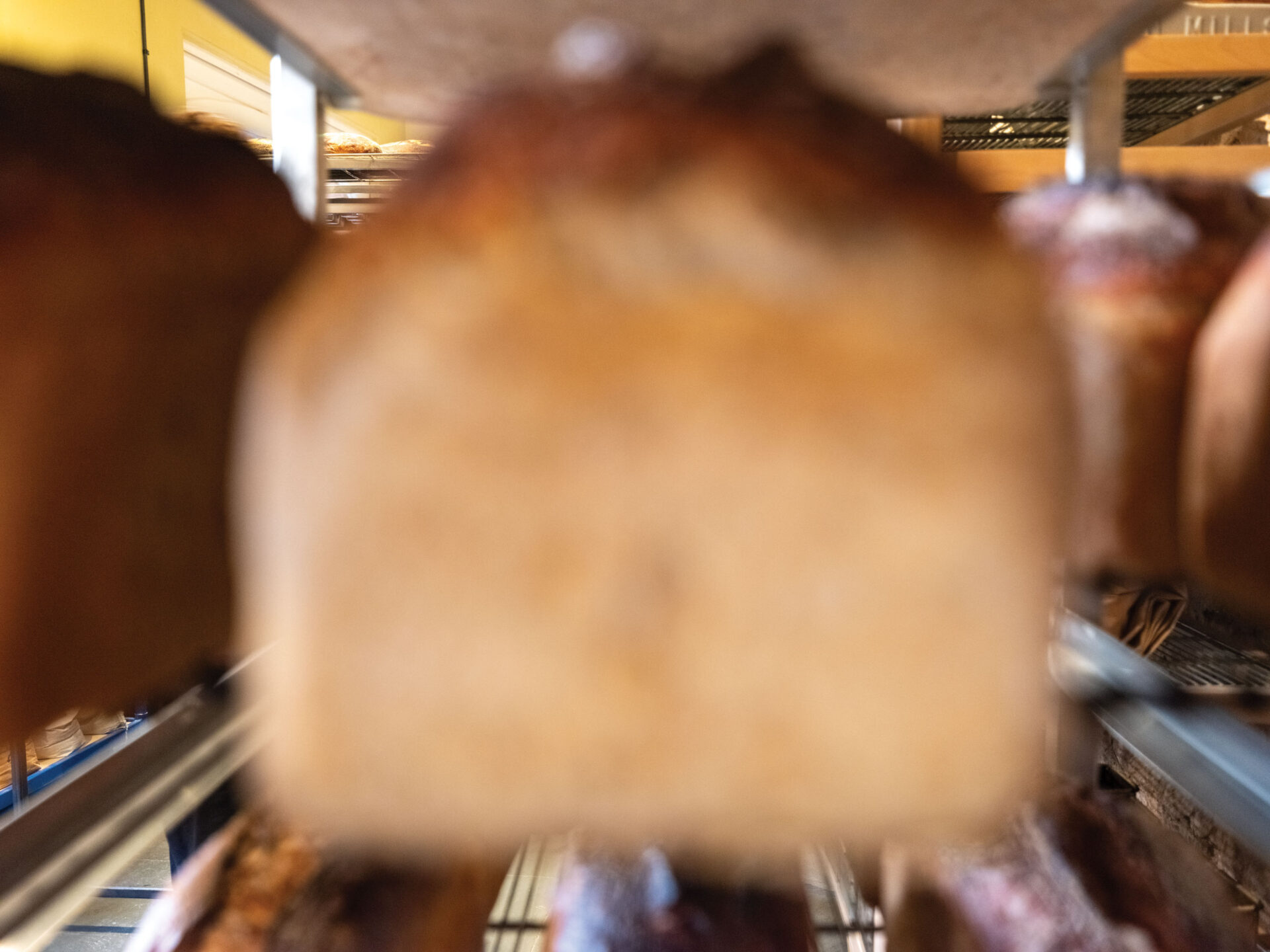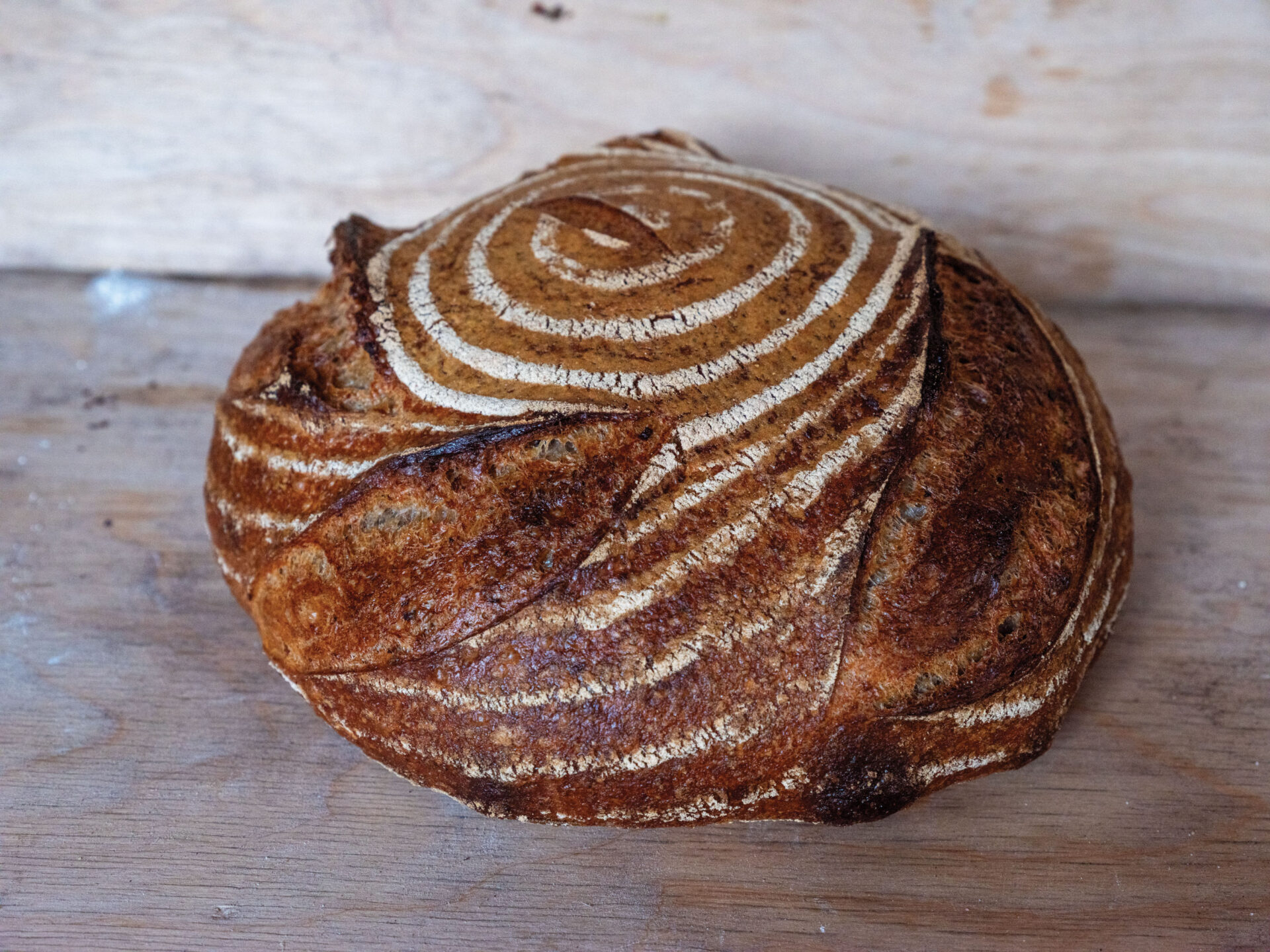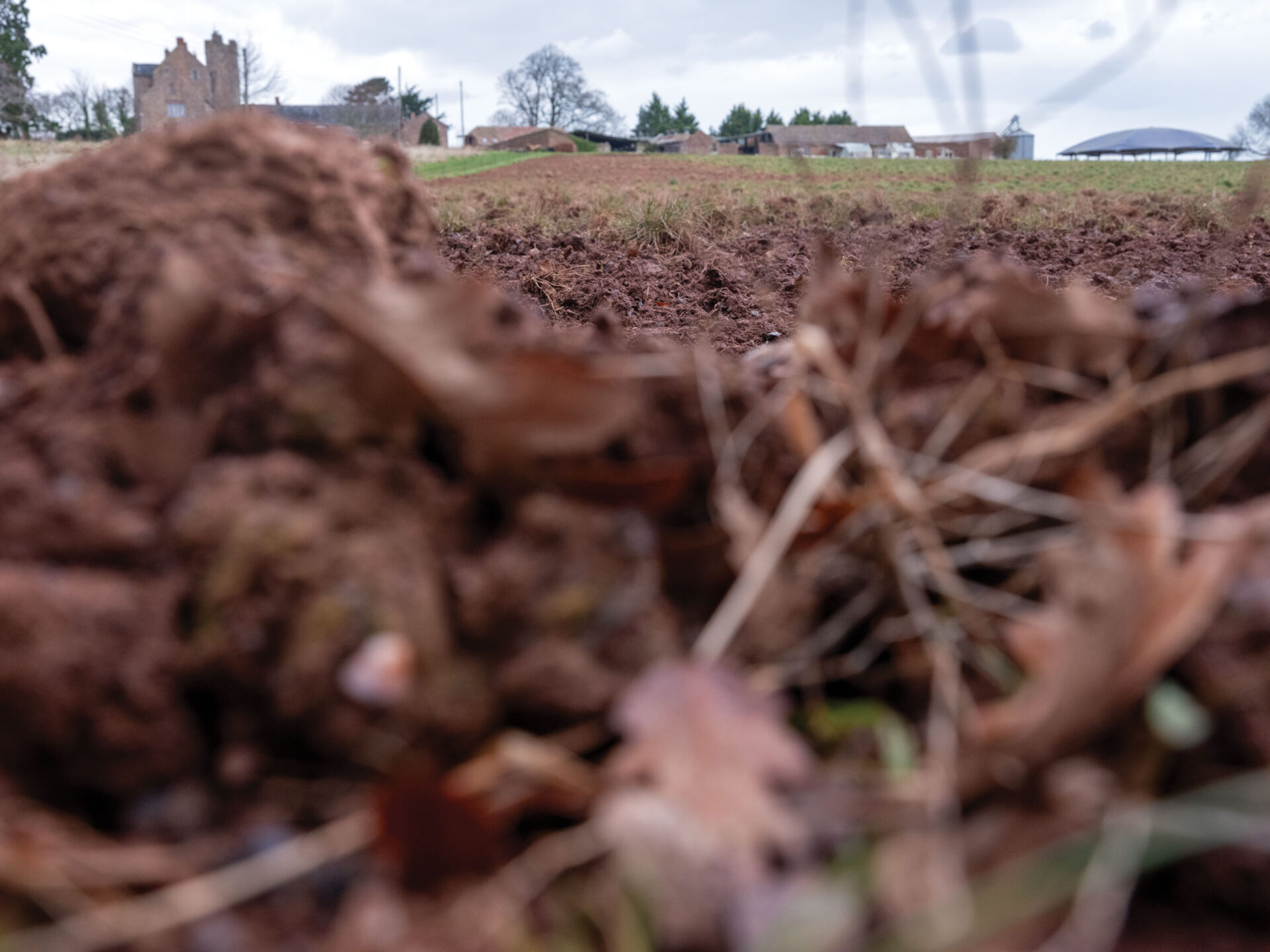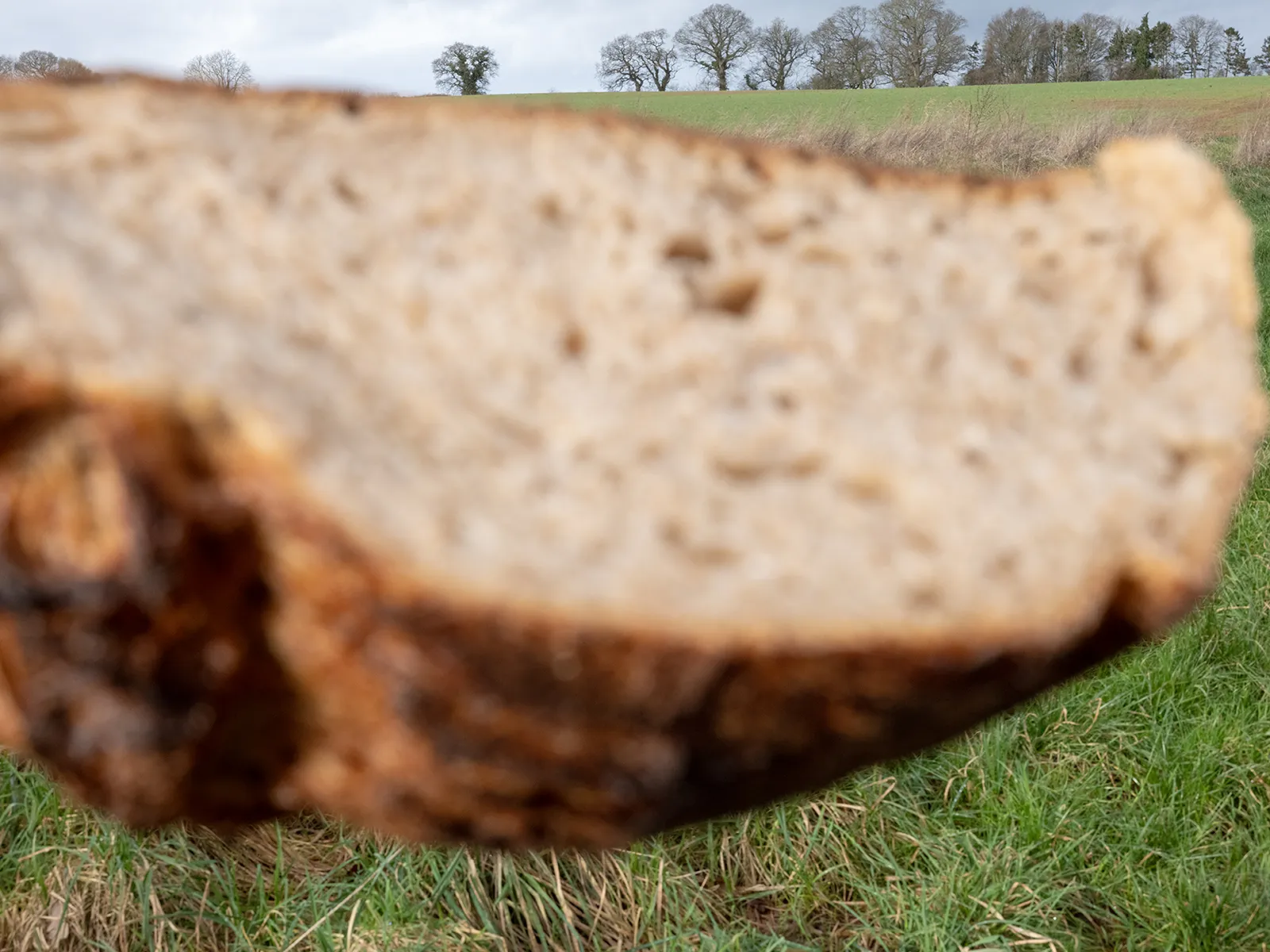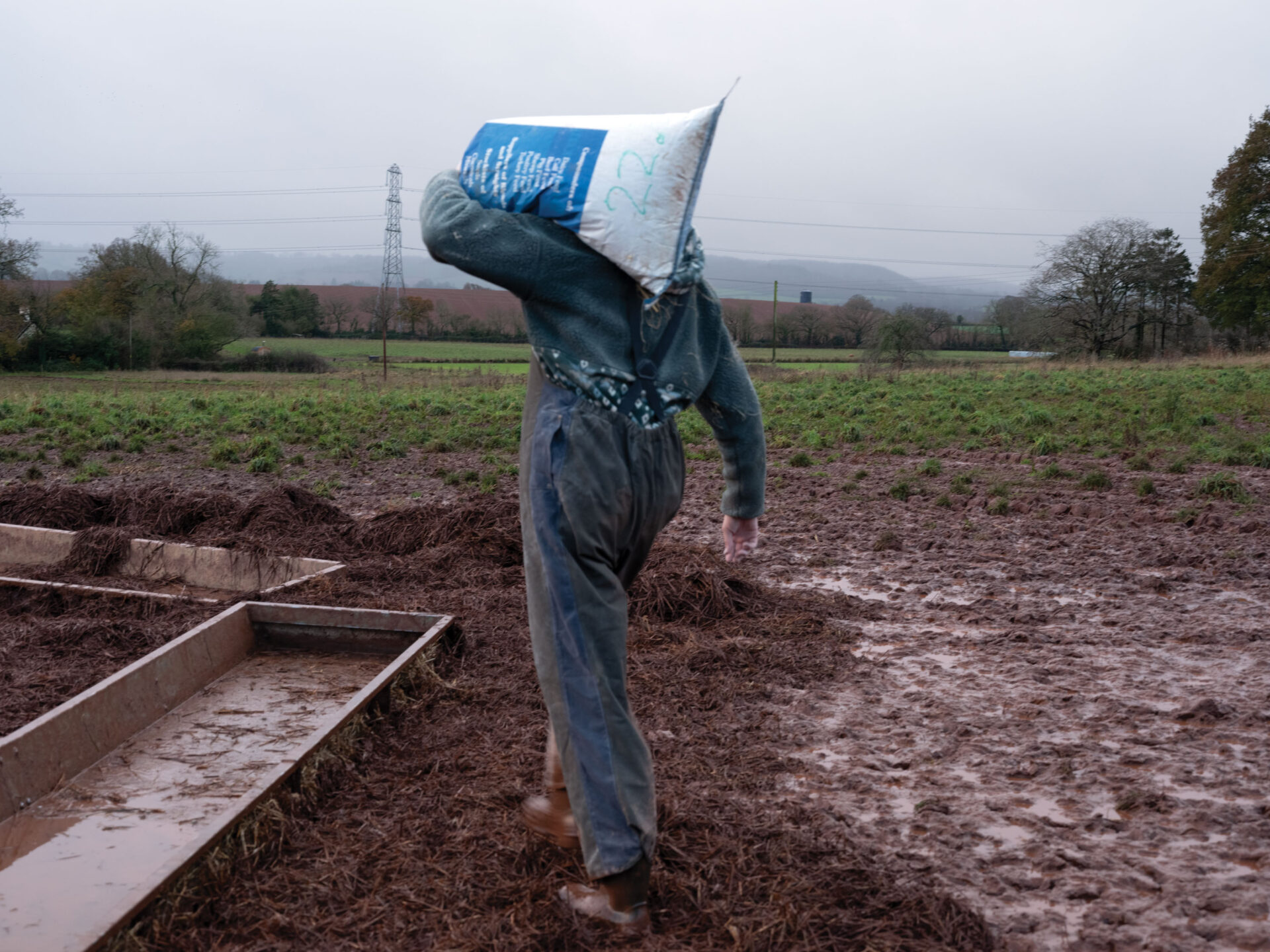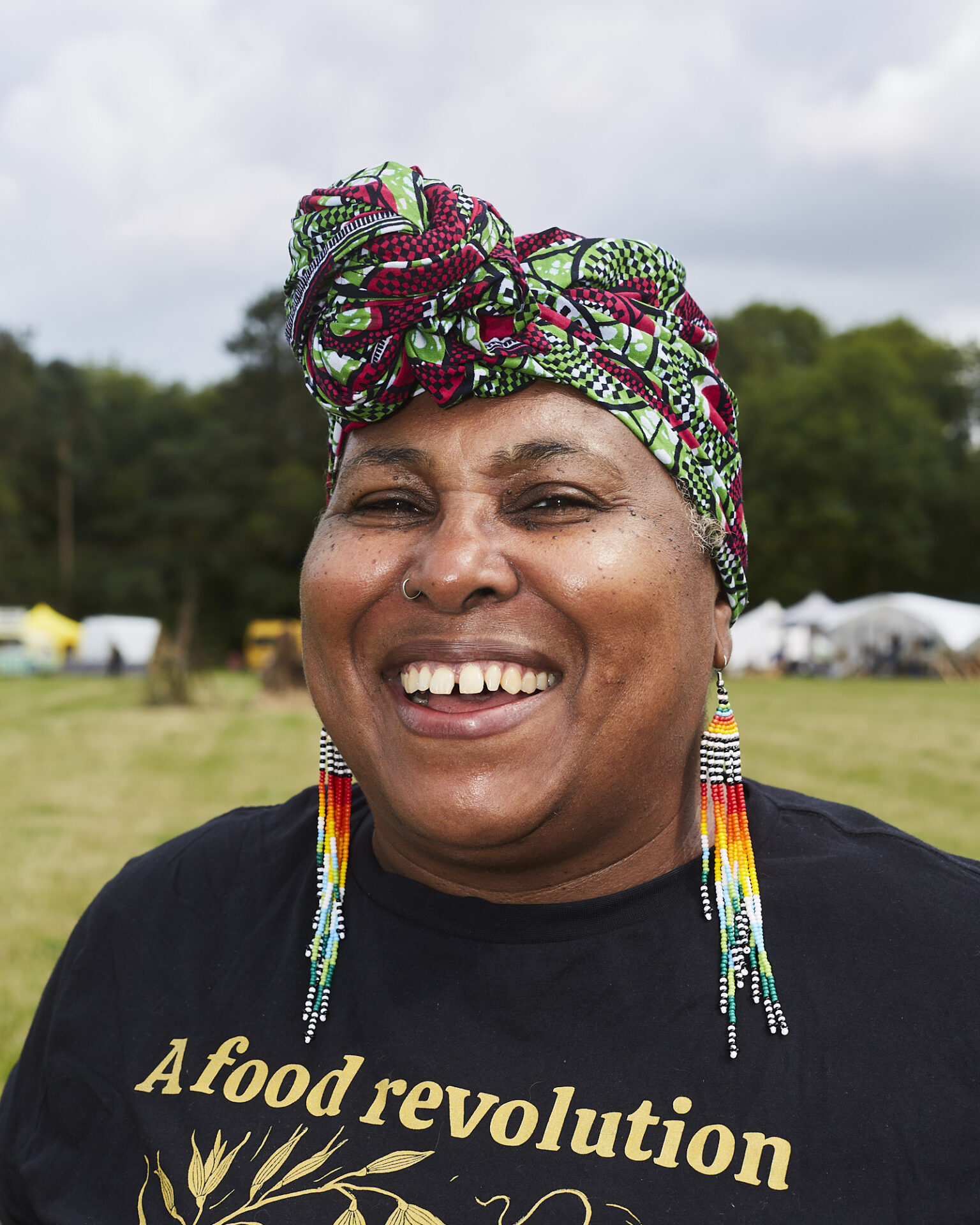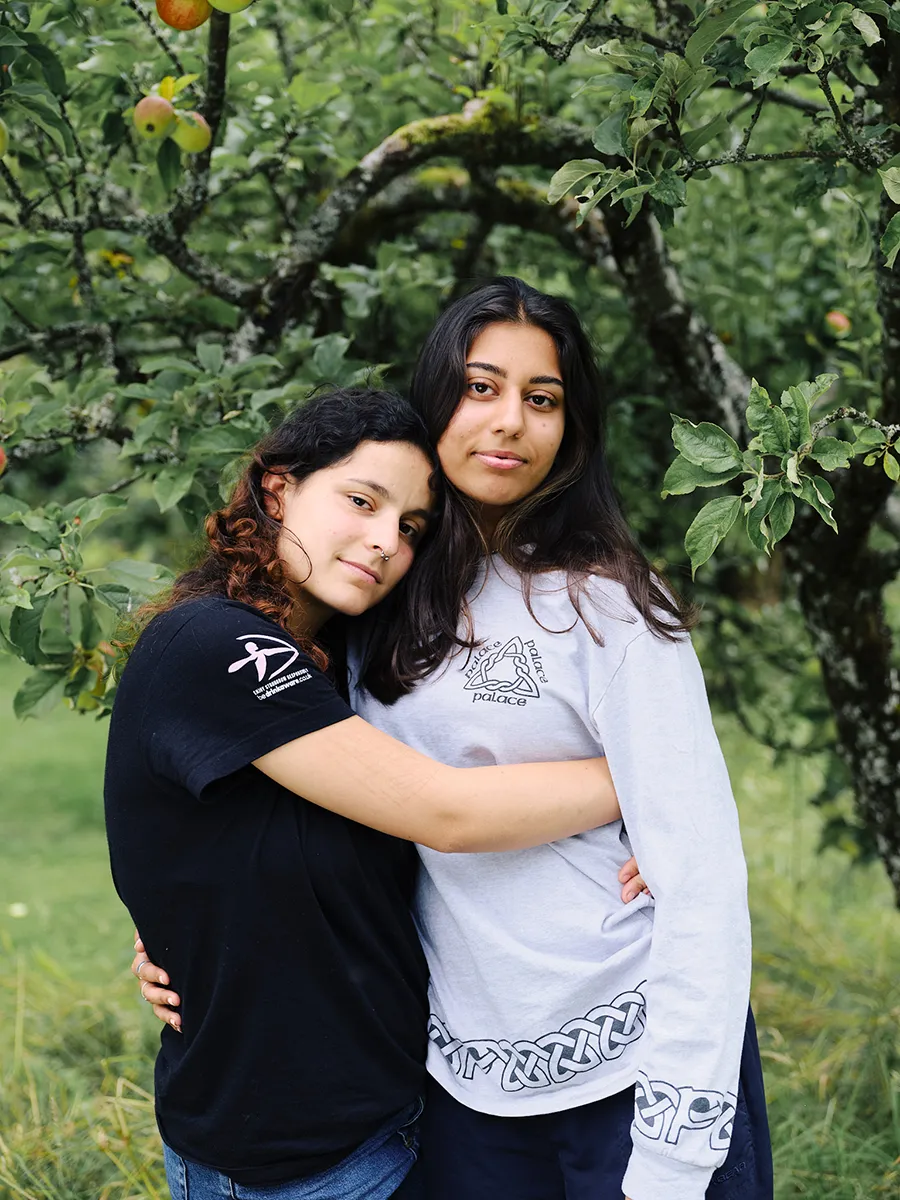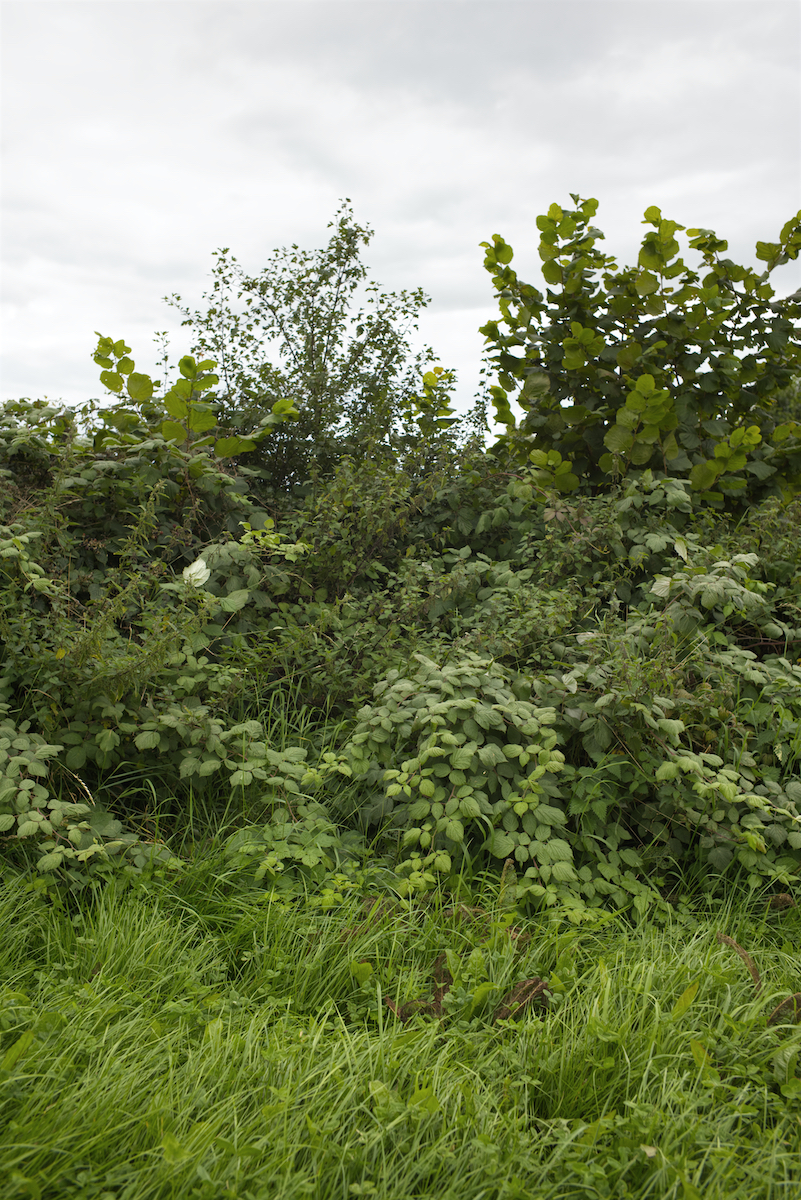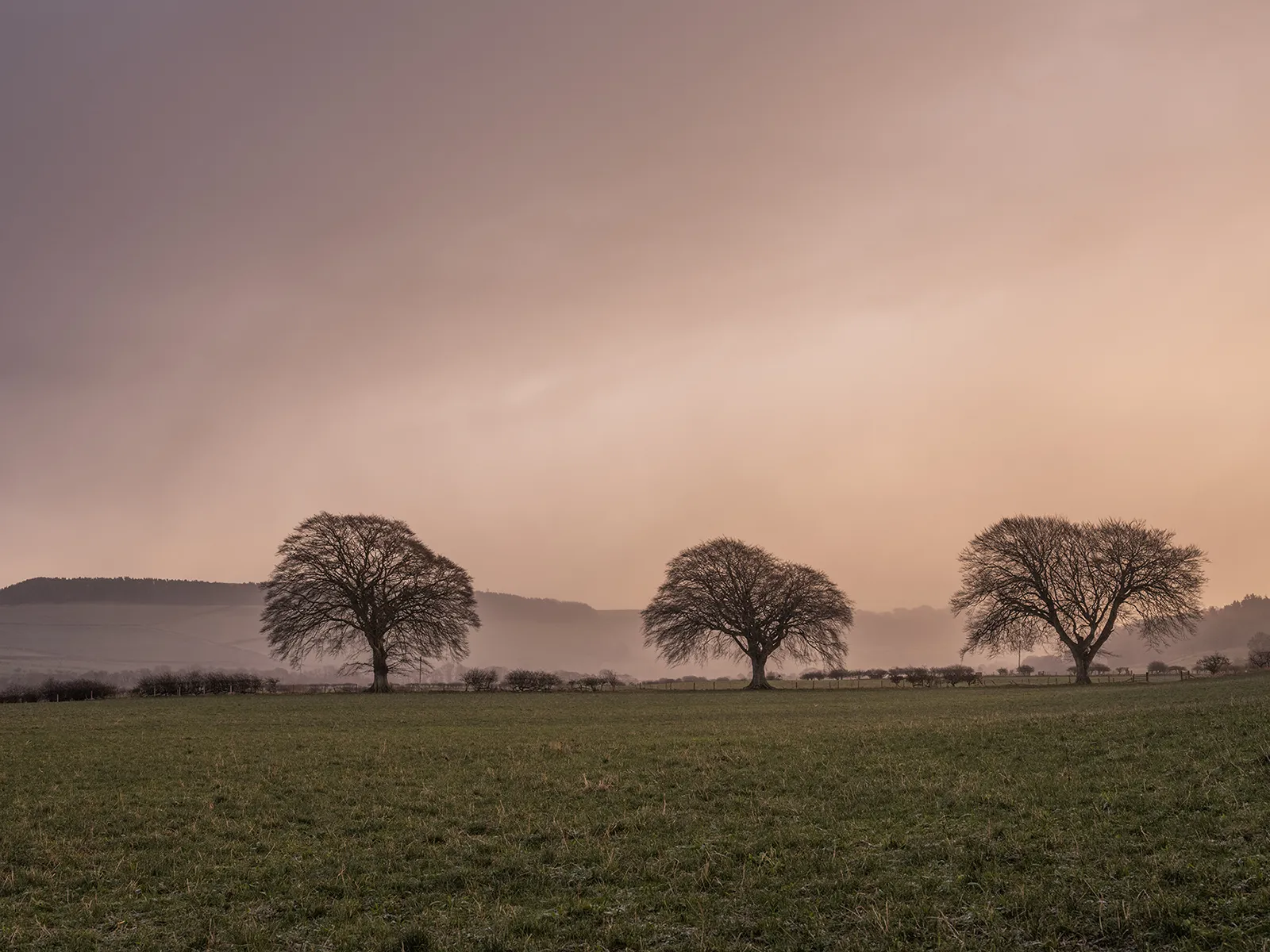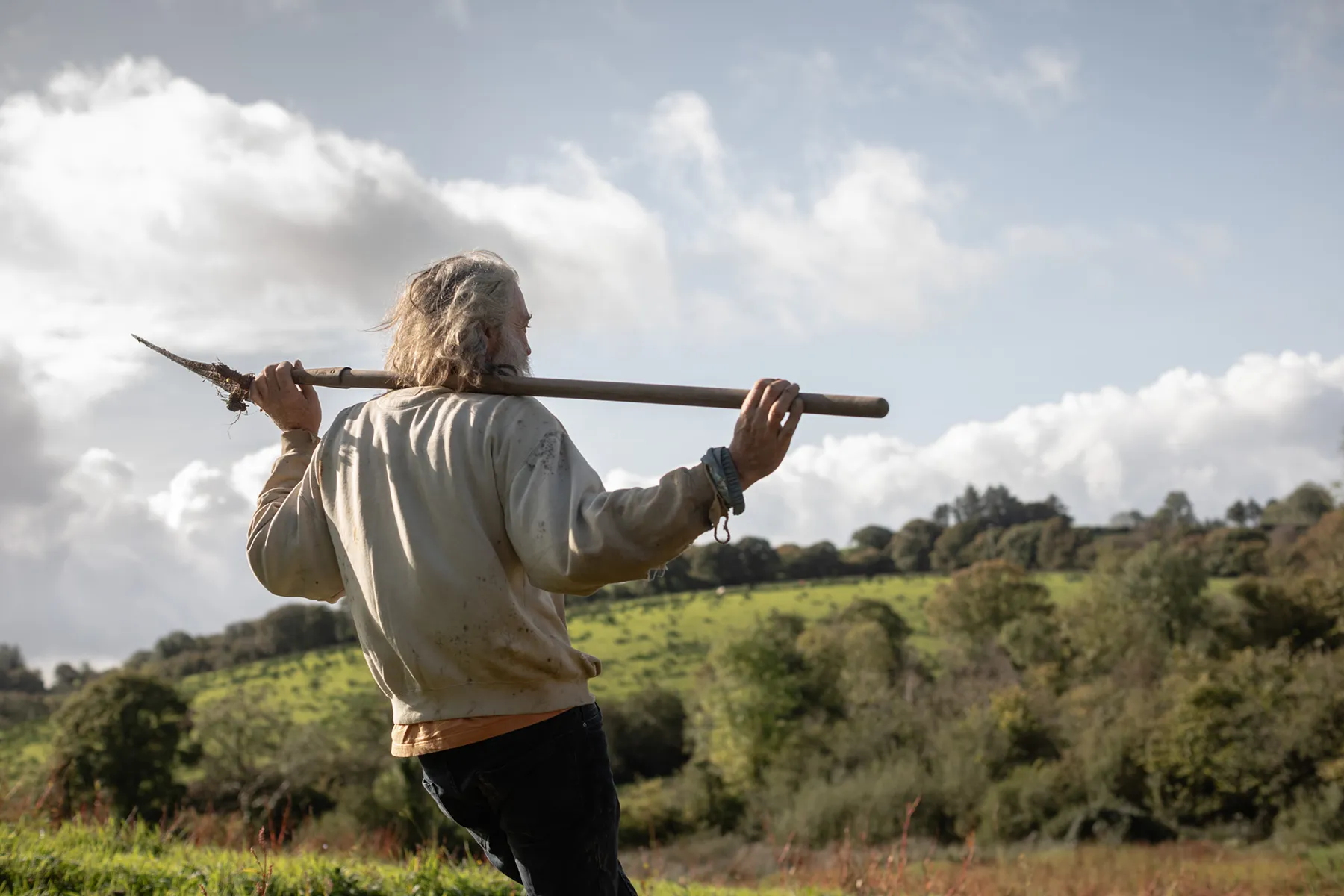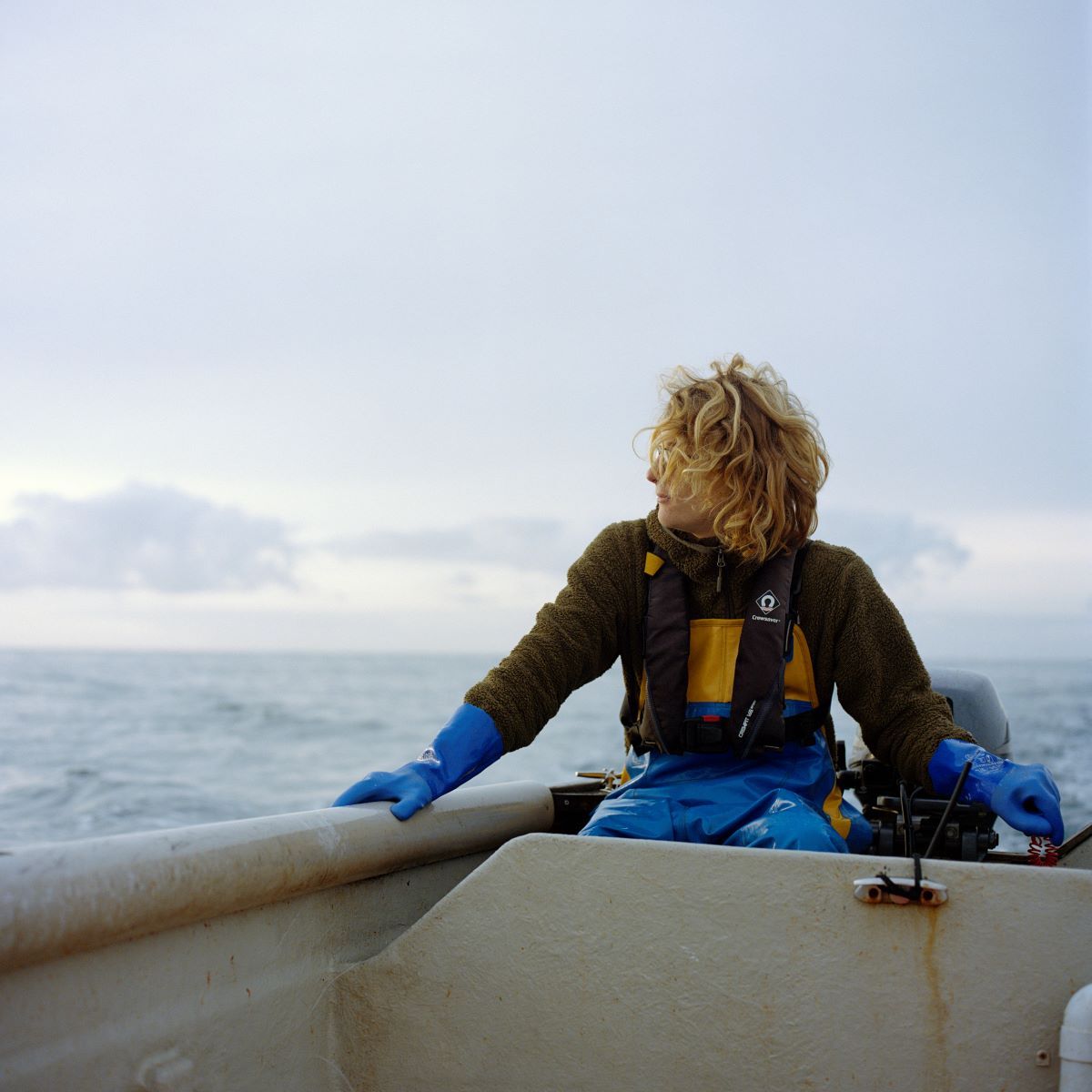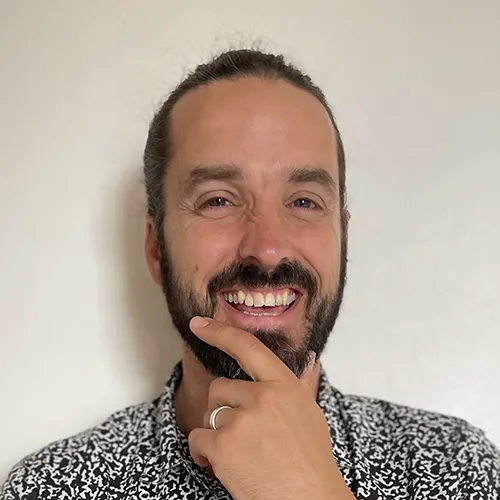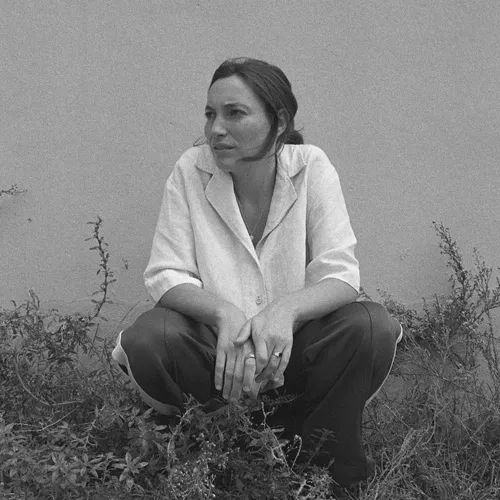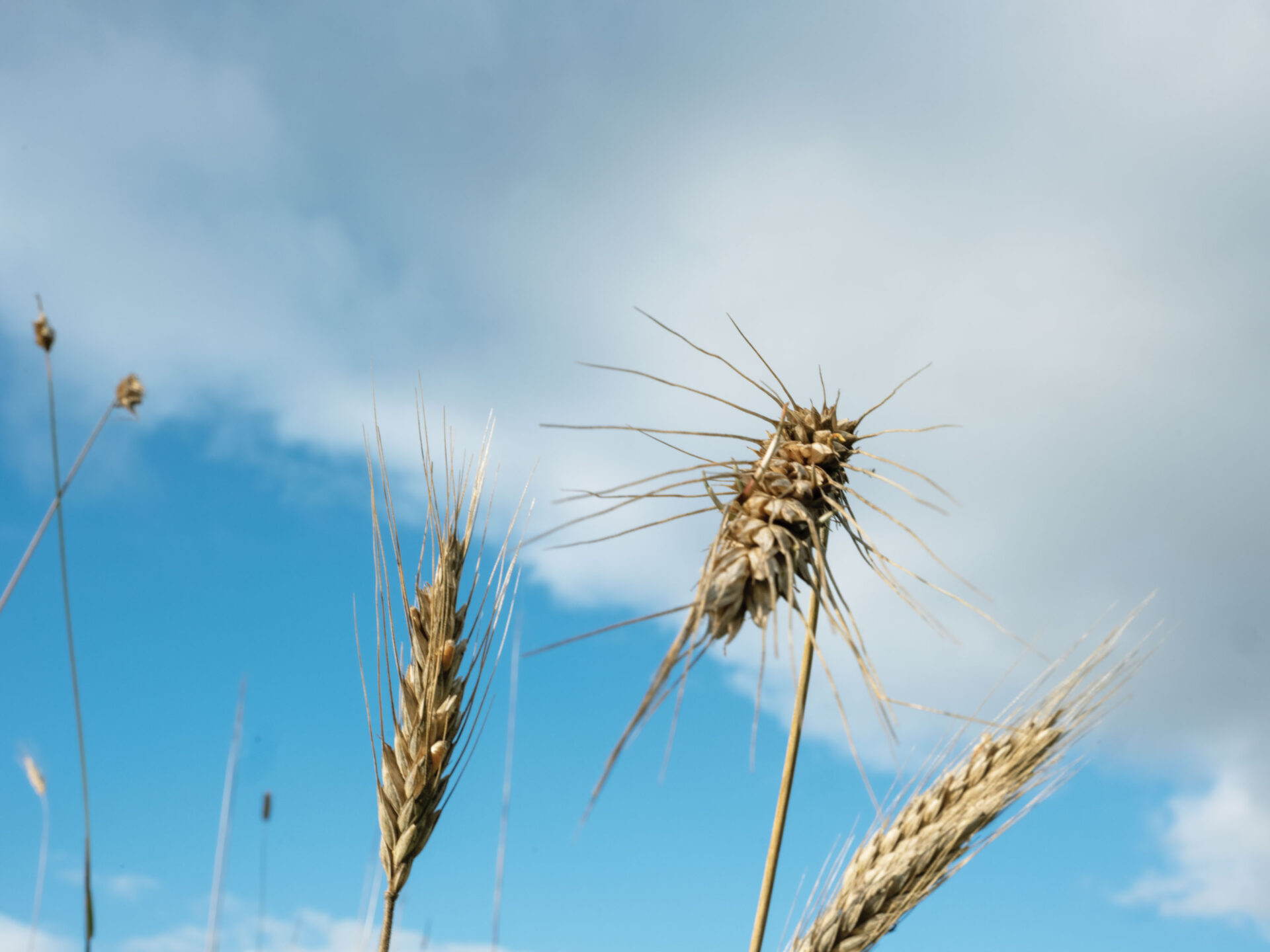
GRAIN REBELS: A FOOD REVOLUTION STARTS WITH SEED
Inspired by Gothelney Farm and Field Bakery, part of the South West Grain Network // Photography by Lúa Ribeira // Poetry by Dizraeli // Exhibited with The Royal Photographic Society in Bristol
Jump to…
‘SEEDS’
Words by Hot Poet Dizraeli
Photography by Lúa Ribeira
Inspired by Gothelney Farm and Field Bakery in the South West
Fred says,
“I came back from college with my head alive.
Chemical agronomy well aligned
with everything I wished for.
To do what granddad did, but better.
Doubled the yield, tripled the pressure.
Every solution agro-chemical,
every plant, genetically identical.
And so much expense:
insecticide, fertiliser, fungicide,
contact herbicide, molluscicide.
All sprayed from the tractor that Granddad died on.
Heart attack. But I’d forget that and drive on.
5 years of misery – all work no breather,
until the day I woke with stress-induced alopecia.
I stared in the mirror
and saw what I’d been straining against.
My own farm! My own common sense!
For once, I listened to the seeds.
They were asking,
“What does this land here need?
What if we develop a wheat
suited to these conditions,
which we can’t do, if we’re not allowed to breed?”
I cancelled my contracts
and a few of us got together.
Collected evidence and we lobbied Defra.
And to our surprise we got the laws changed.
Now we can make our own mistakes,
grow our own strains of grains.
There is hope here,
the power to regenerate the land.
There is hope here,
the size of a freckle on a hand.
There is hope here,
the soil still knows what it needs.
Hush a minute,
listen close to the seeds.
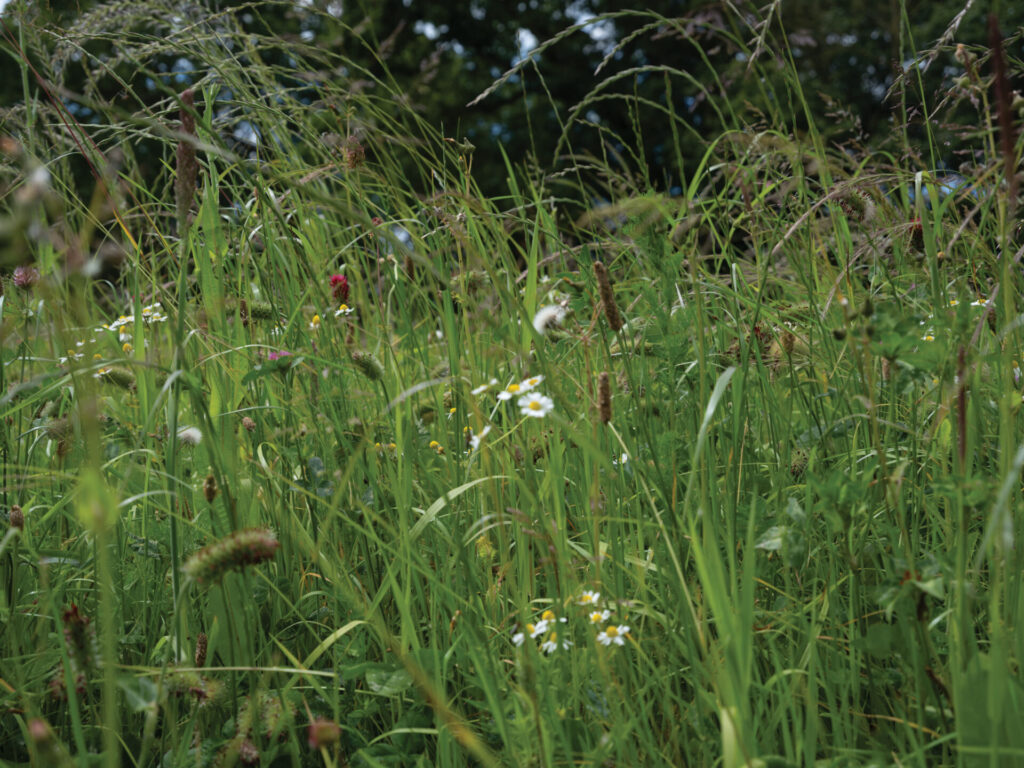
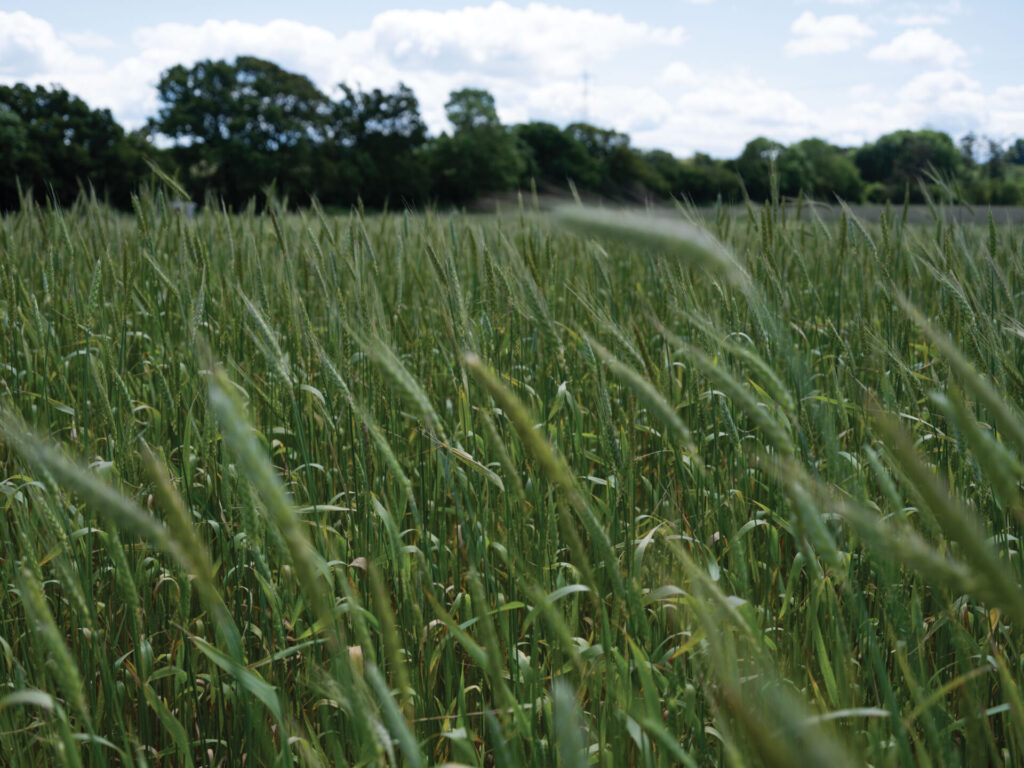
The seeds say,
“Us understands,
Us, cos we speak as Us not Me.
That the seed is a player in the Great Collaboration
and Collaboration is the seed.
More players
mean more sets of skills.
There are
600,000 players in our field.
Come find us:
Wolf, Mariagertoba, Norregard,
Ceccarelli, Oak Farm.
Population wheats!
Crosses between many strains,
many genes, all jostling to be.
Every crop so popping with abilities,
it’s a metropolis,
bristling with possibility.
And most important, spray-wizard, we do not need
your weird potions poured on our feet
to spring into life.
We are life springs.
So chuck us in the dirt and step back.
We are rising.
There is hope here,
the power to regenerate the land.
There is hope here,
the size of a freckle on a hand.
There is hope here,
the soil still knows what it needs.
Hush a minute,
listen close to the seeds.
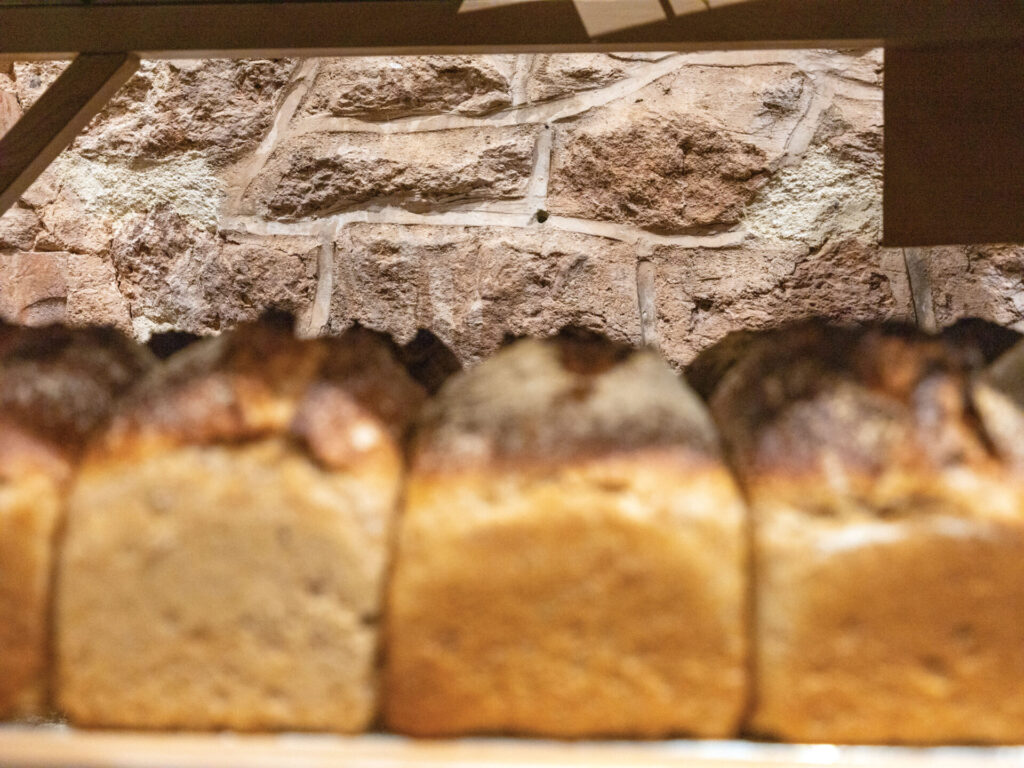

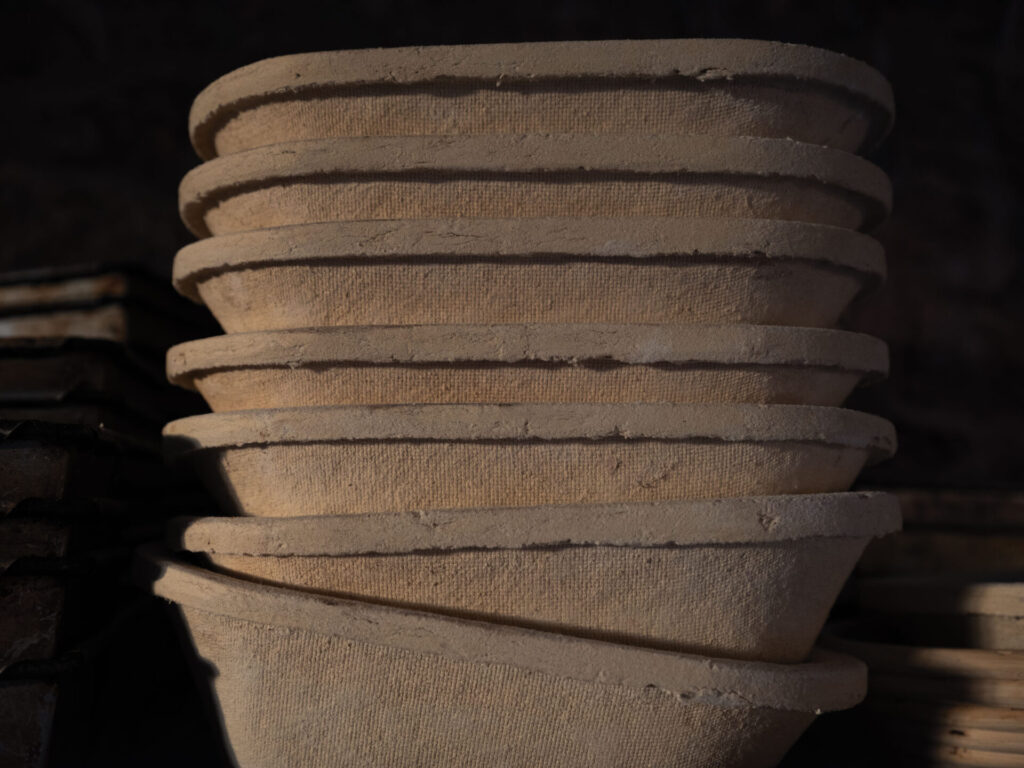
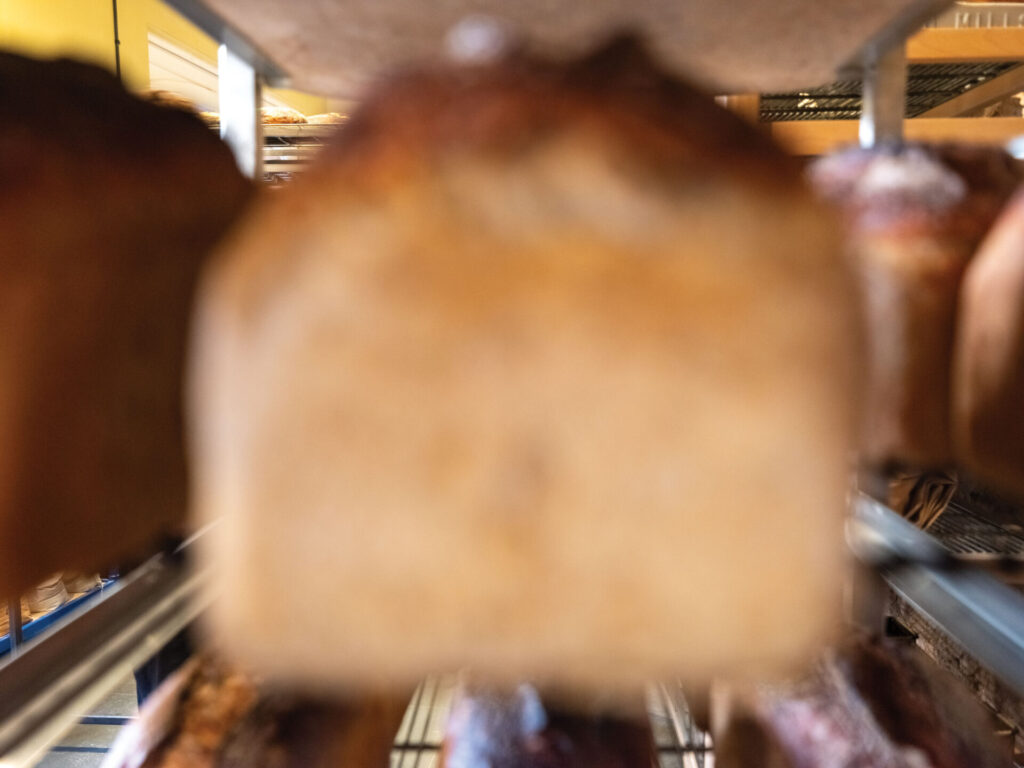
11a.m.
Cold wind. Young wheat swaying.
A winter tree, like a brain on a brainstem.
And look now in the farmyard; a bakery!
And in it, a baker baking.
Rosie.
Smiling at the customers, she knows each,
and knows country life can be lonely.
But this business thrives on friendships,
and they’re busy baking
sourdough treats with this landscape in.
The grains Fred grows, she mills right here.
And this croissant
tastes like heaven on earth.
My word.
Ancient and new. It tastes like actual food.
And neighbours meet each other in the queue.
All these dividends,
returns on Rosie’s investments,
and the money of course is handy.
As the word spreads,
now she sells loaves to Bristol
and her work serves hundreds of families.
And that feeds the farm,
which feeds its seeds to the stone-mill,
and the stone-mill keeps turning.
There’s bread and there’s bread.
Value and values.
And these values are earning.
And Fred?
From the days of being stretched, stressed and scared,
when every ghost-acre was grounds for despair,
clumps falling out,
now, his mission animates his soul.
He swears by his thick long hair
He says,
There is hope here,
the power to regenerate the land.
There is hope here,
the size of a freckle on a hand.
There is hope here,
the soil still knows what it needs.
Hush a minute,
listen close to the seeds.
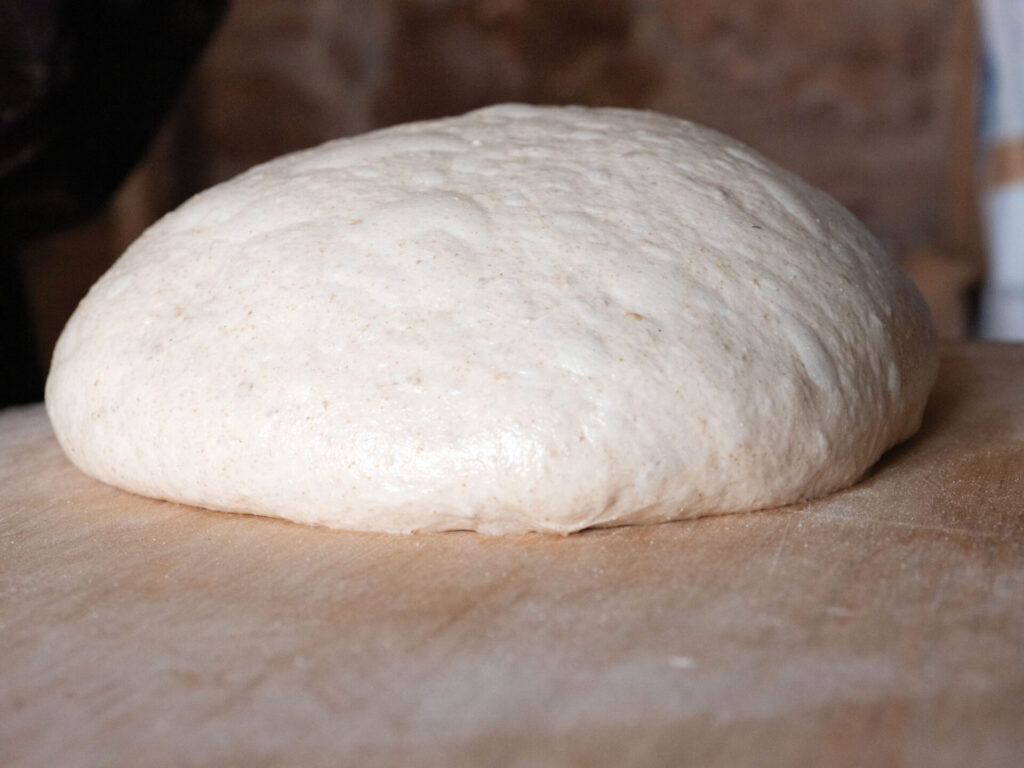
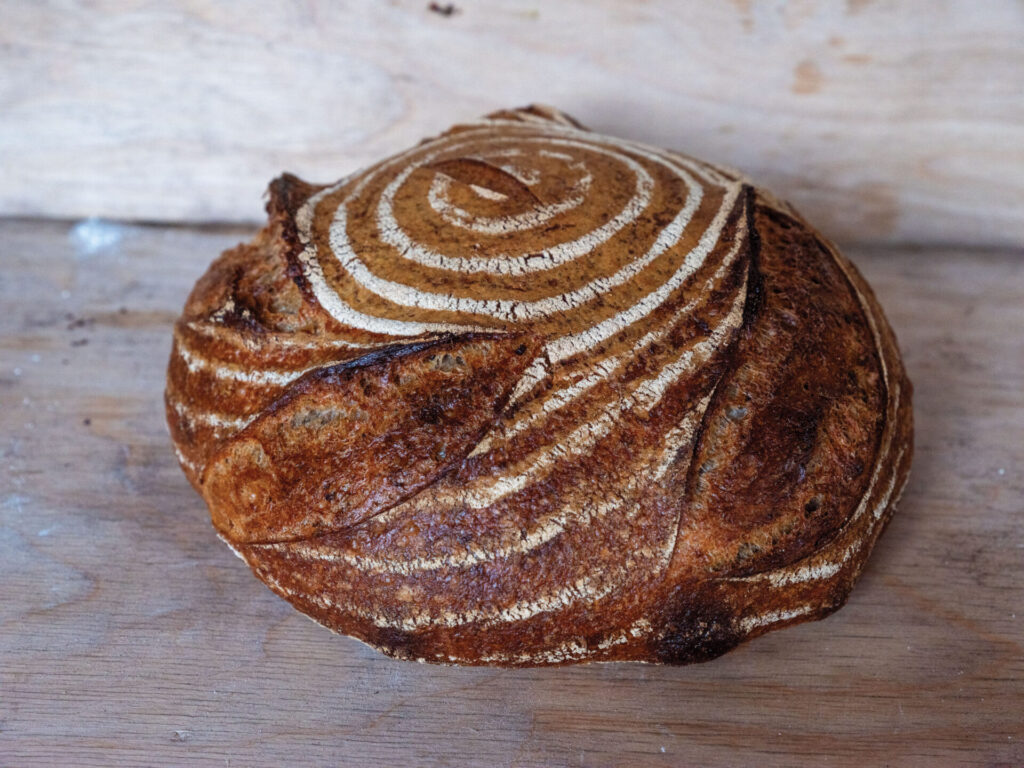
A FOOD REVOLUTION STARTS WITH SEED
The world has lost 75% of plant genetic diversity since 1900 (FAO), sacrificing diverse fields for increased yields. In the foothills of the Quantocks, Fred Price is rediscovering diversity’s treasure trove of tricks by growing population wheats: coalitions of genetically distinct plants that rely on variation for resilience.

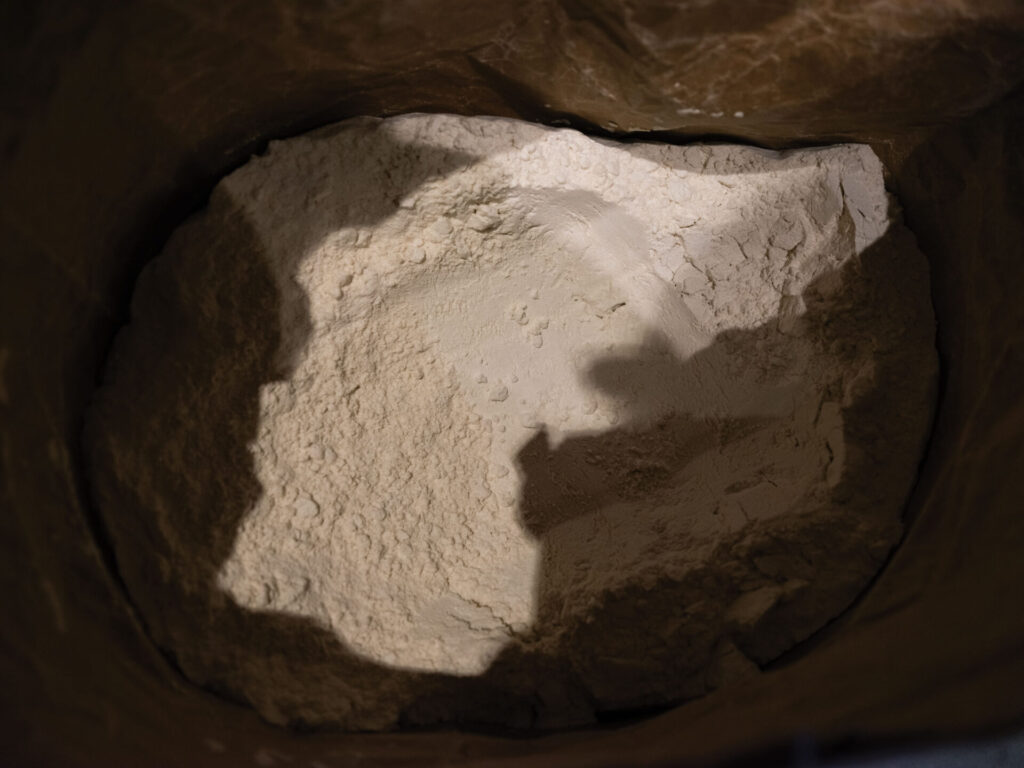
Fred shares his grains with Rosy Benson for her on-site Field Bakery. These varieties of wheat, fresh stone milling, and fermentation is unearthing flavours and nutritional value missing from the refined flours extracted by industrial production. Rosy is passionate about the knowledge bakers hold in their hands. We all knead the benefits of a real British loaf, ending with the eater and beginning with varieties of wheat sprouting from the land.
Fred and Rosy form part of the Southwest Grain Network: a collection of growers, millers, bakers, and bread-eaters sowing seeds for a non-commodity grain economy. Networks such as these play a key role in The Gaia Foundation Seed Sovereignty Programme, and are webbing up across the country in a powerful act of resistance and resilience, ensuring food sovereignty starts with seed.
ONE THING YOU CAN DO TO SUPPORT SEED DIVERSITY
The Gaia Foundation’s Seed Sovereignty Programme supports a locally adapted and locally loved seed system across Britain and Ireland.
With a team of regionally-based coordinators responding to local people and landscapes, the Seed Sovereignty programme is increasing the amount of agroecological seed being sown and shared right here – restoring resilience, diversity and culture with growers, not corporations.
Discover free resources, attend training, join networks, and tune in to regular episodes of Seed TV.
GRAIN REBELS IN THE PRESS
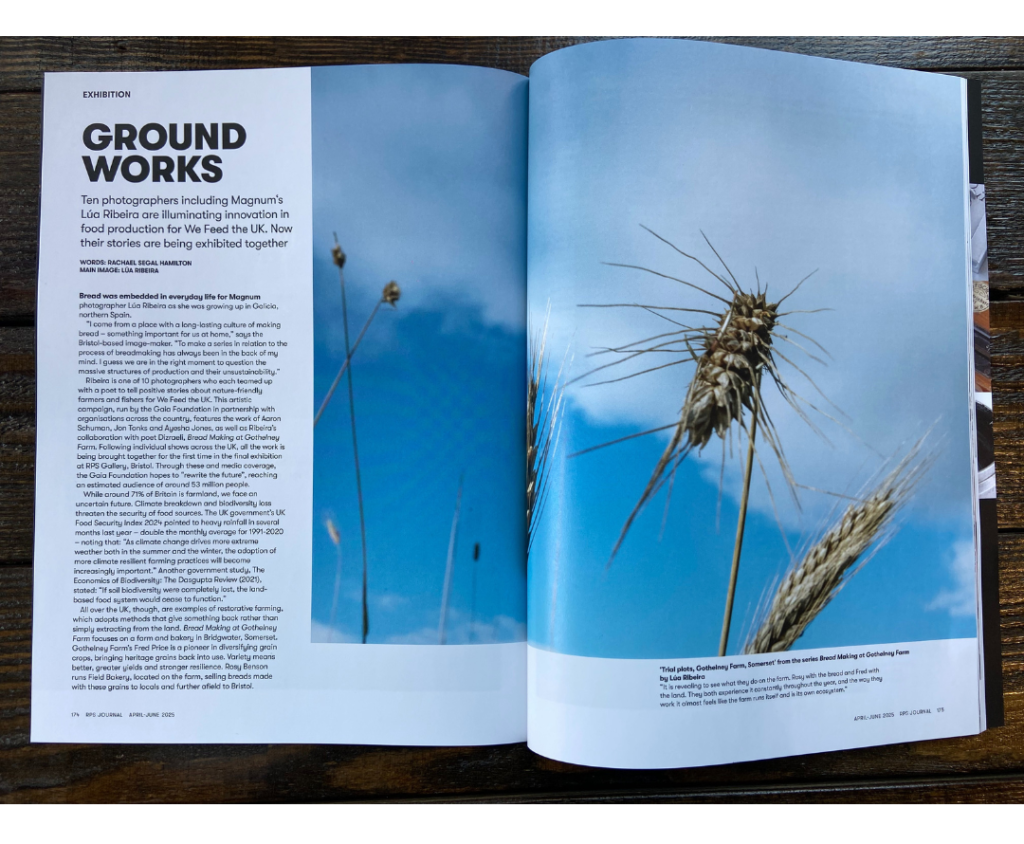
“We’re in the right moment to question massive structures of production and their unsustainability”
You can read more about Lúa Ribeira’s experience documenting life on Gothelney farm in this feature in the Royal Photographic Society Journal.



